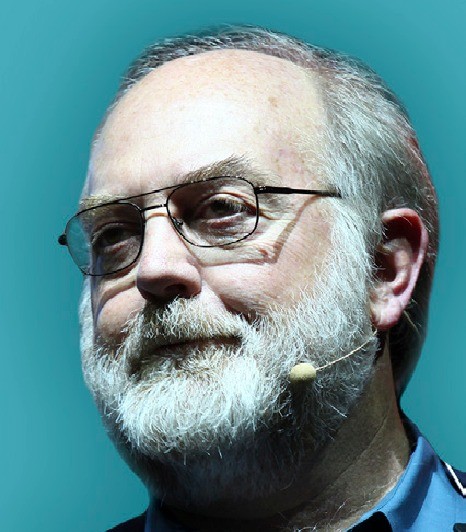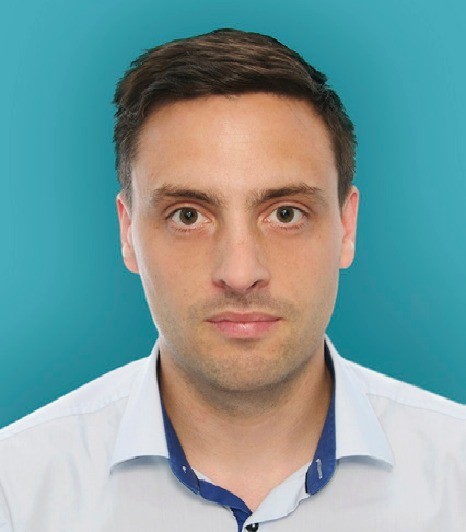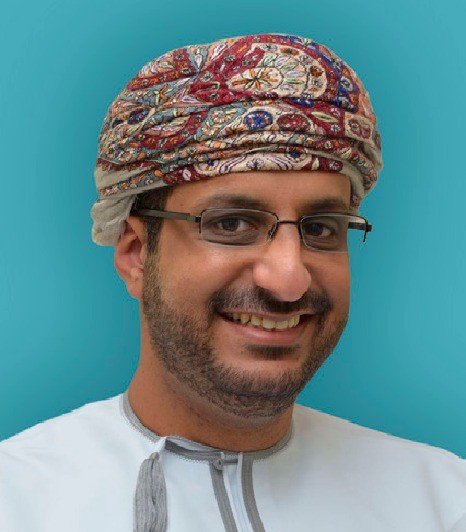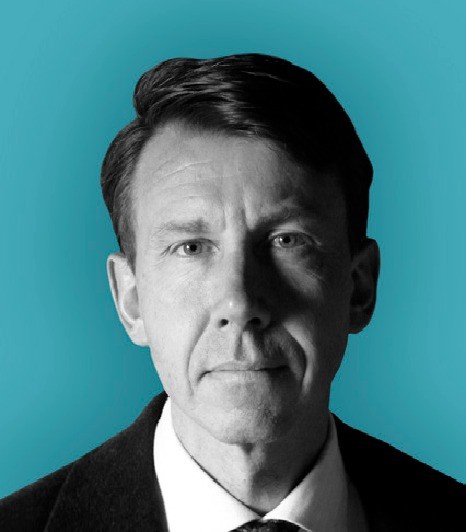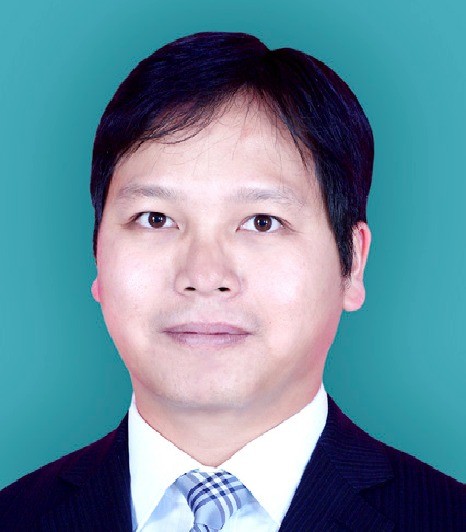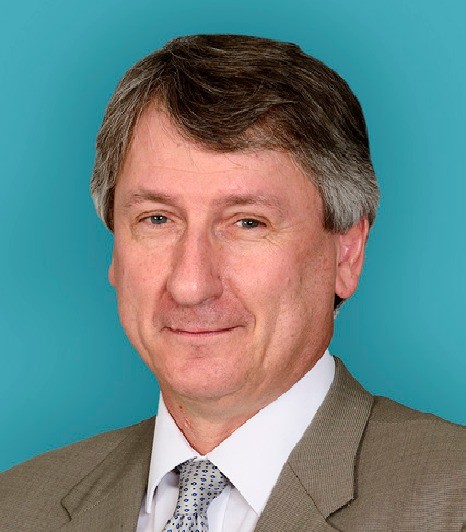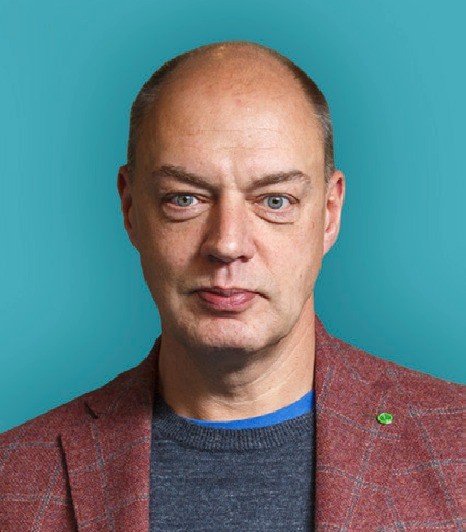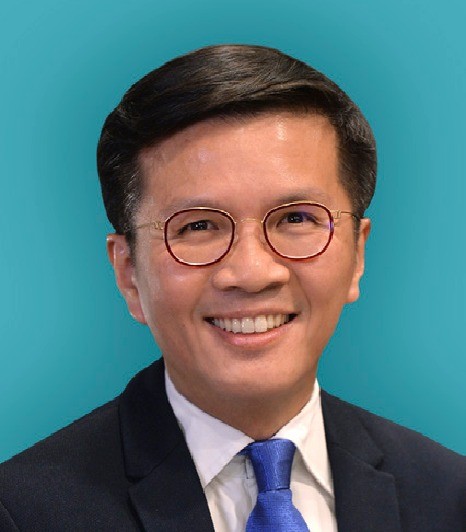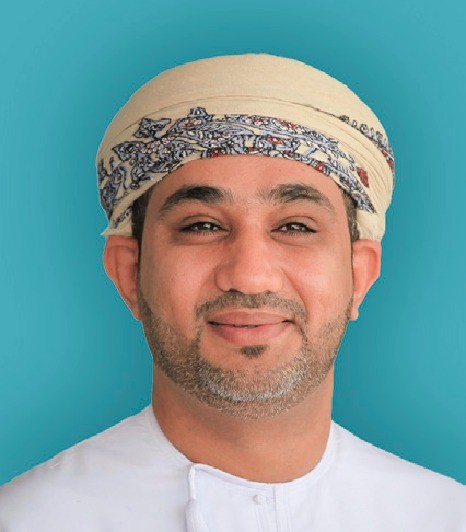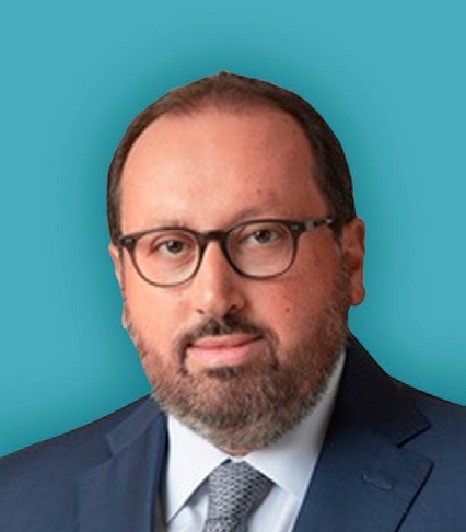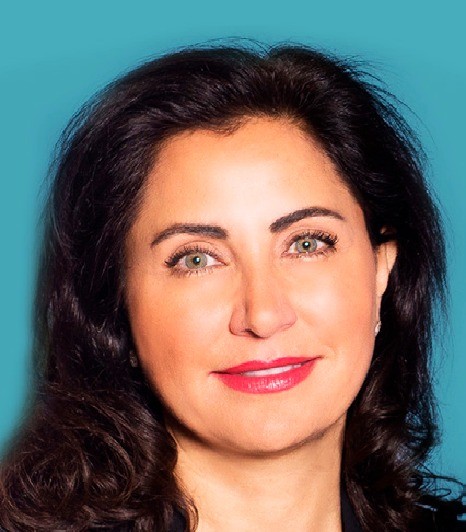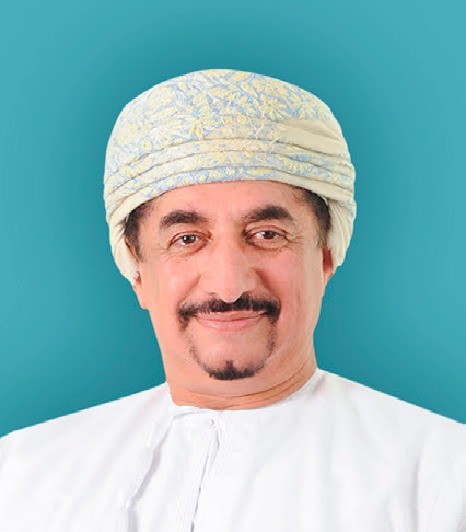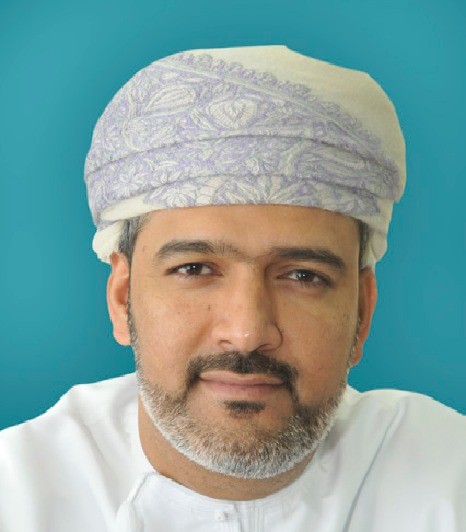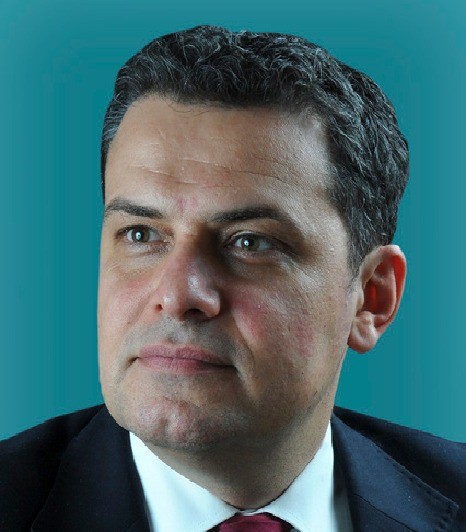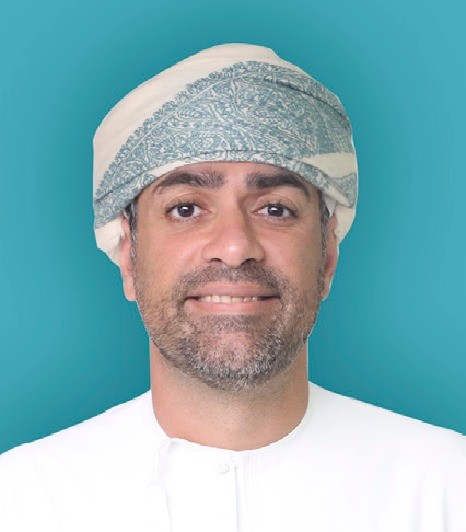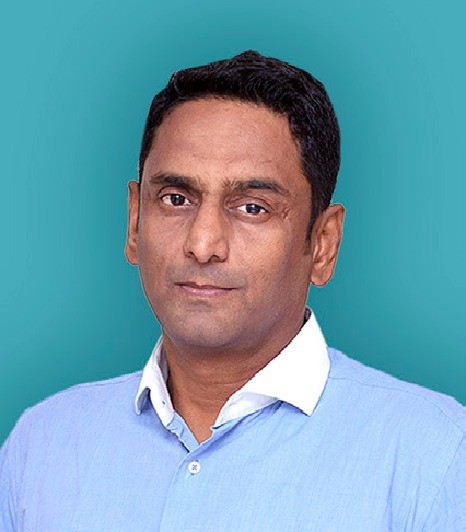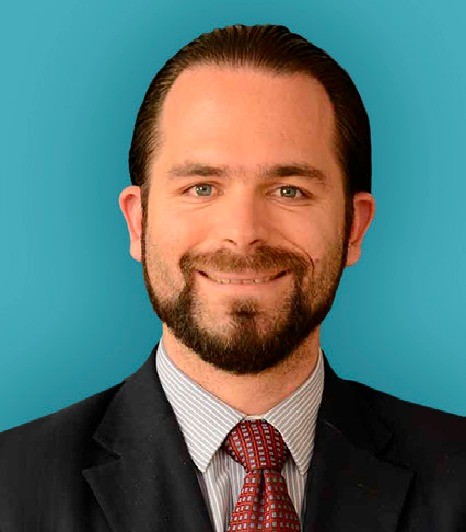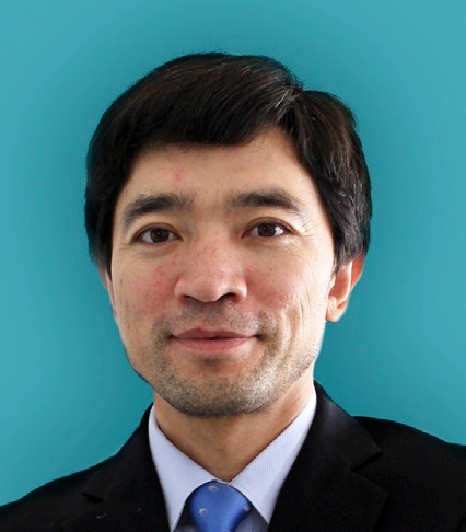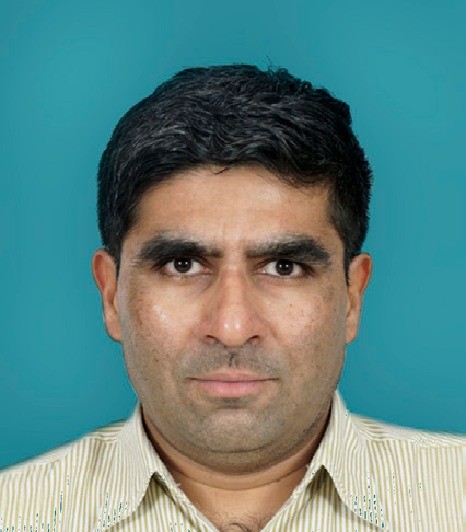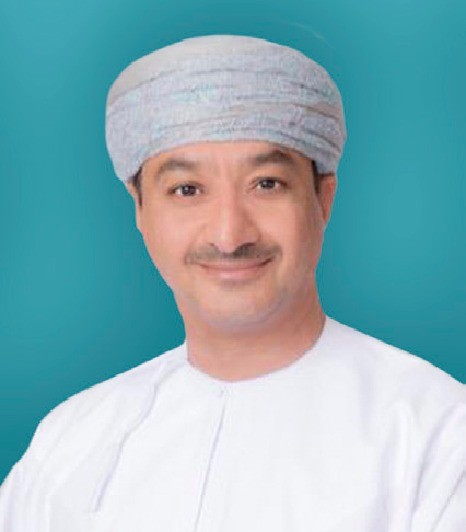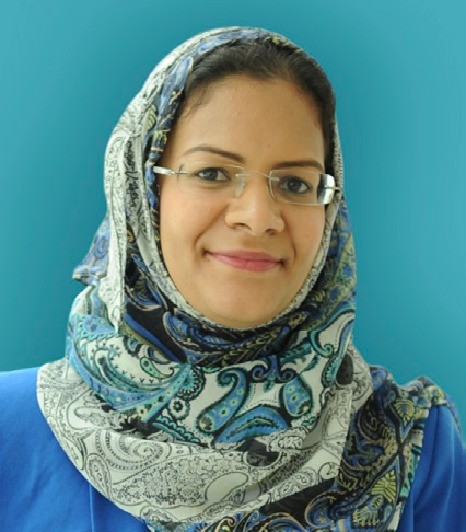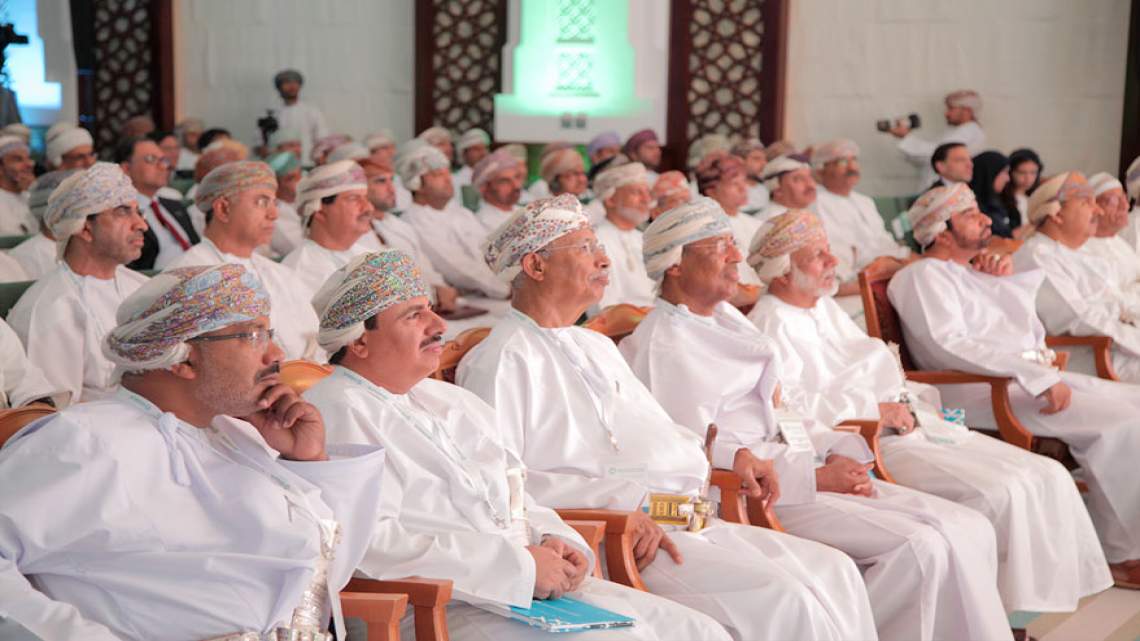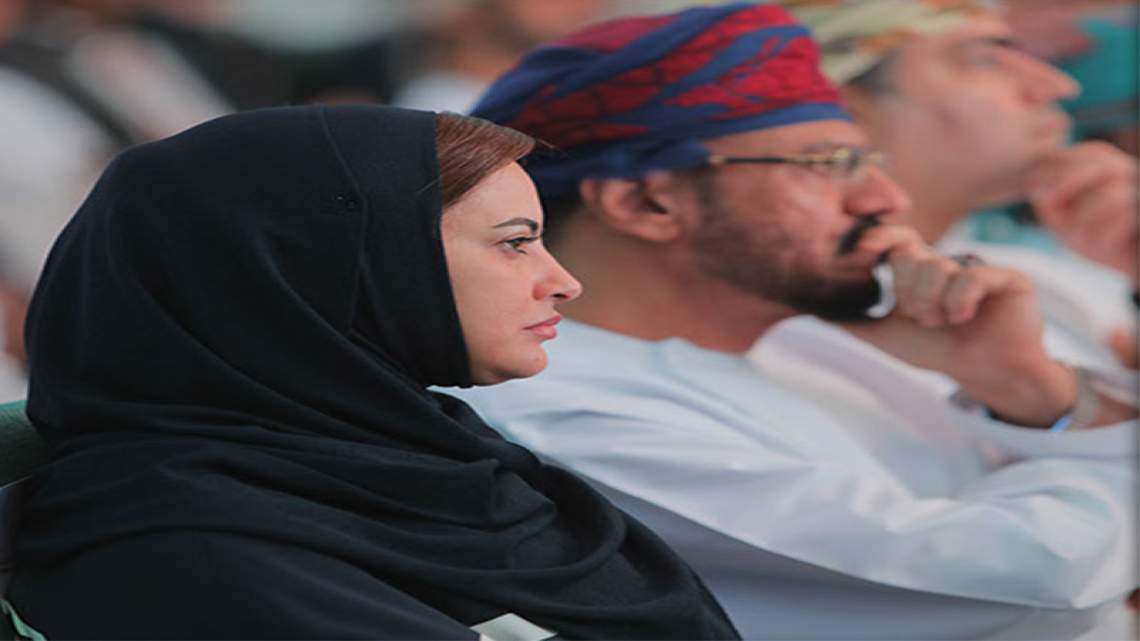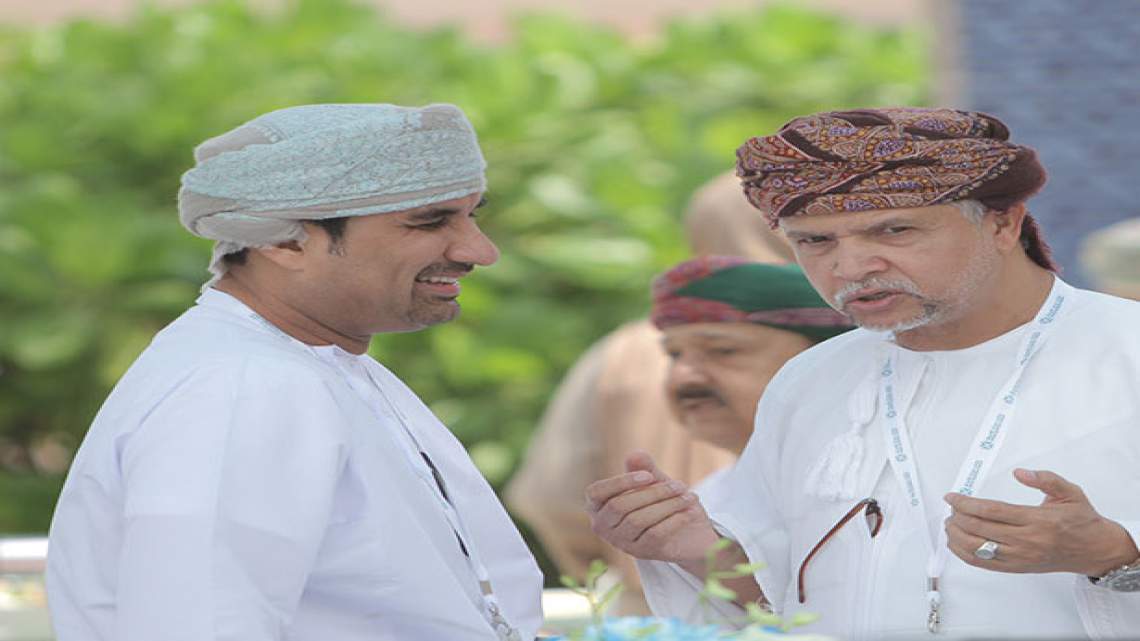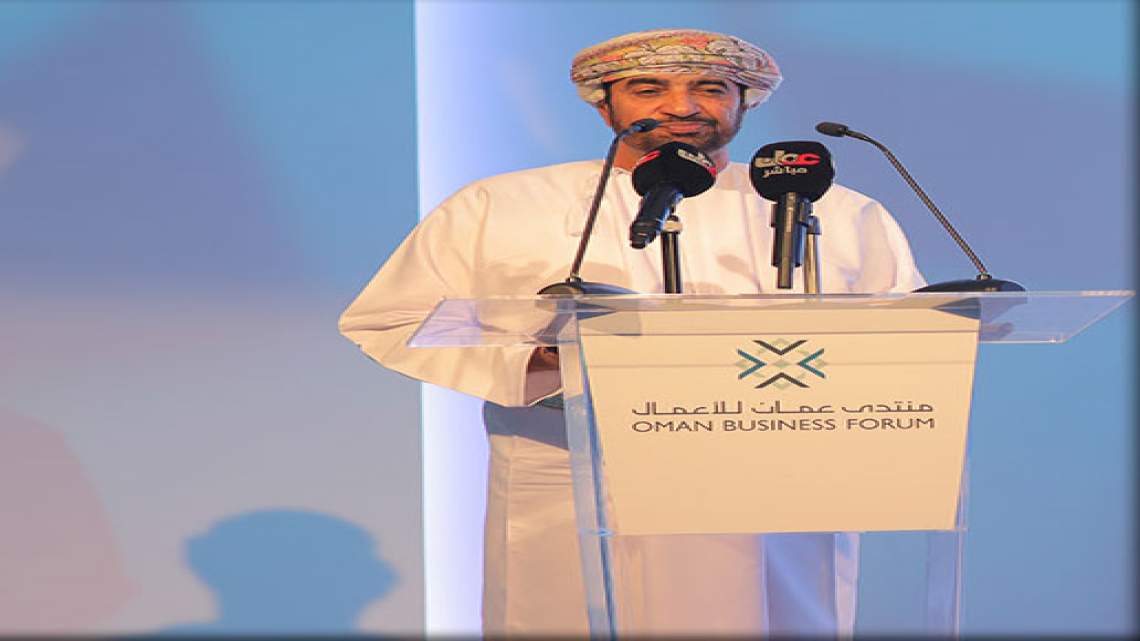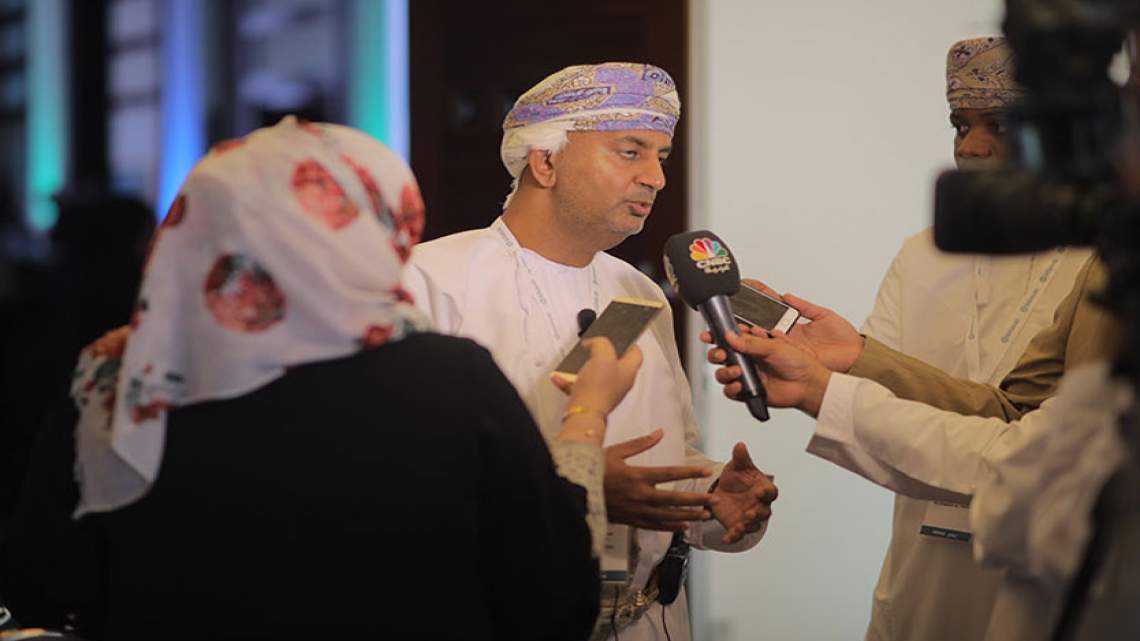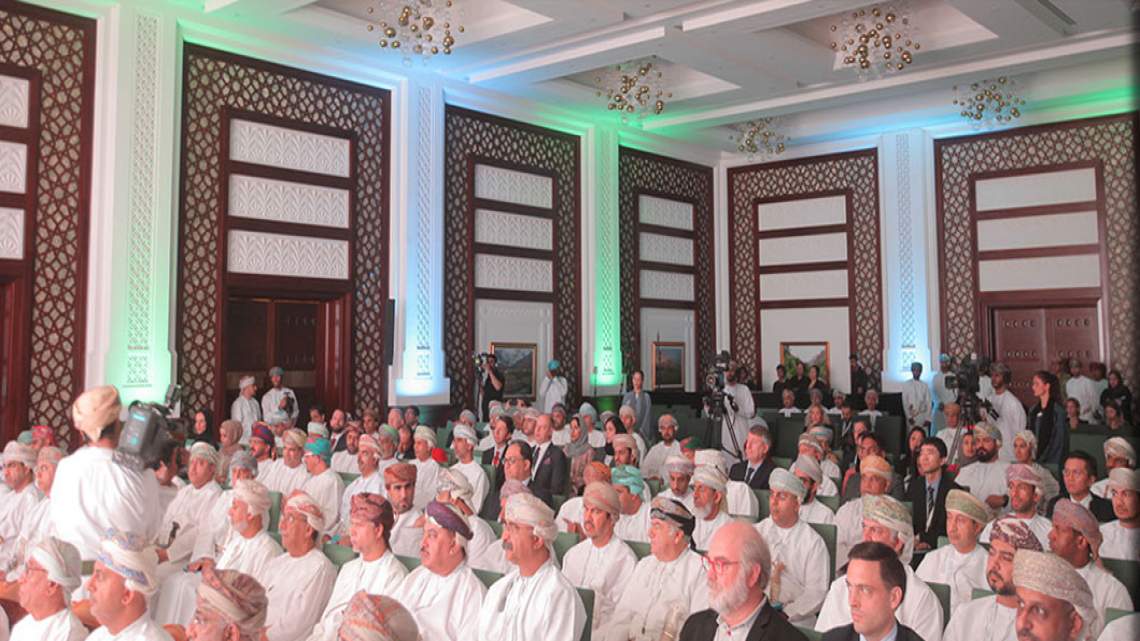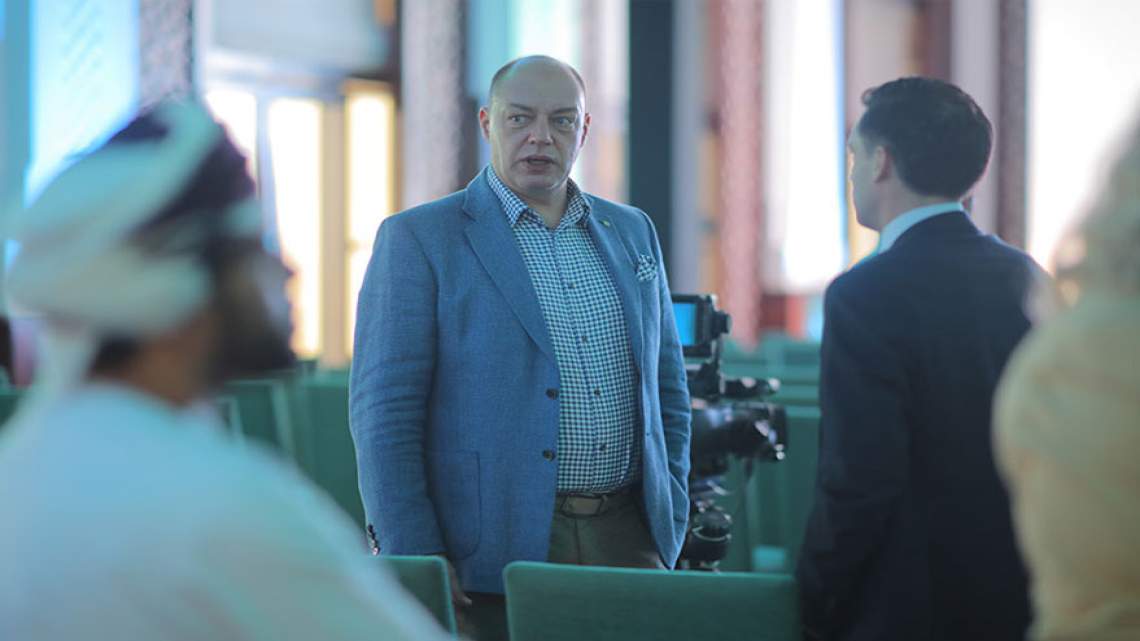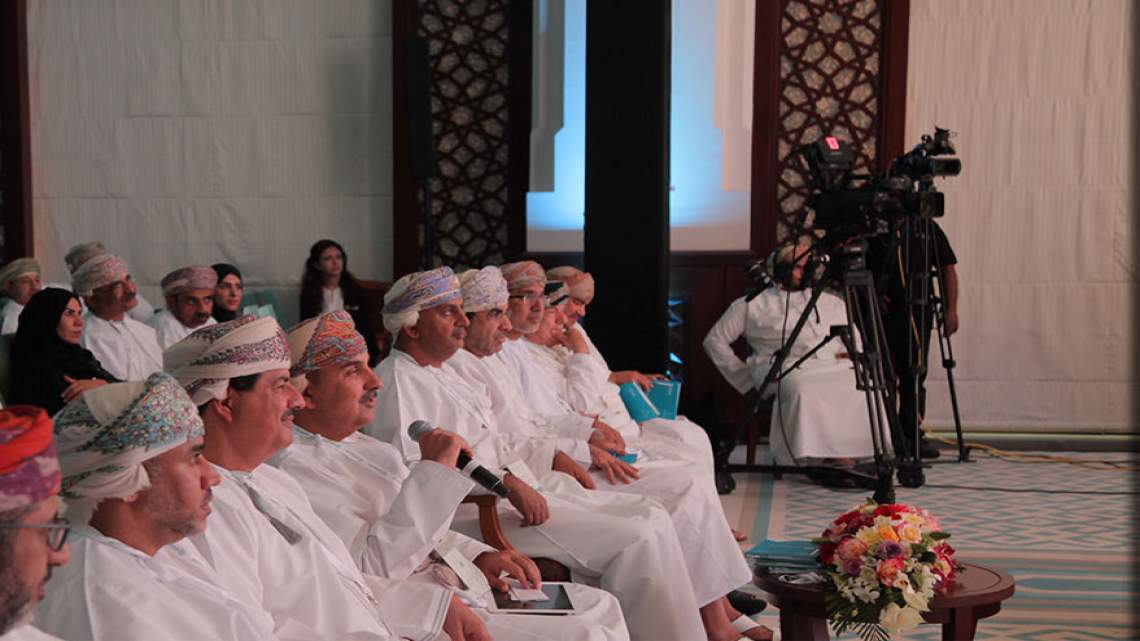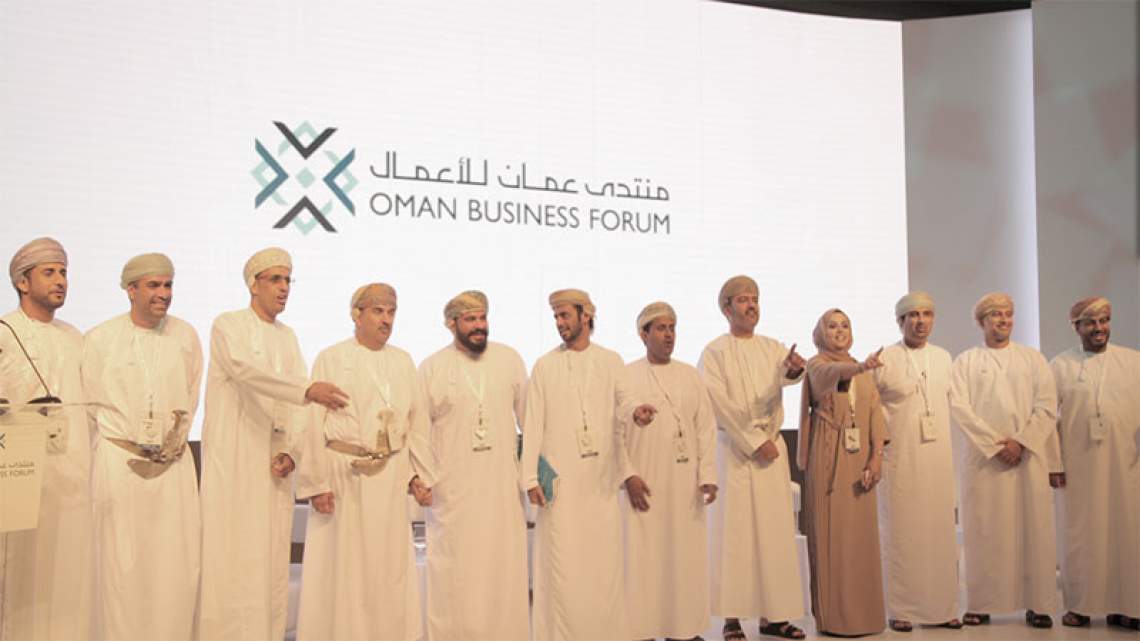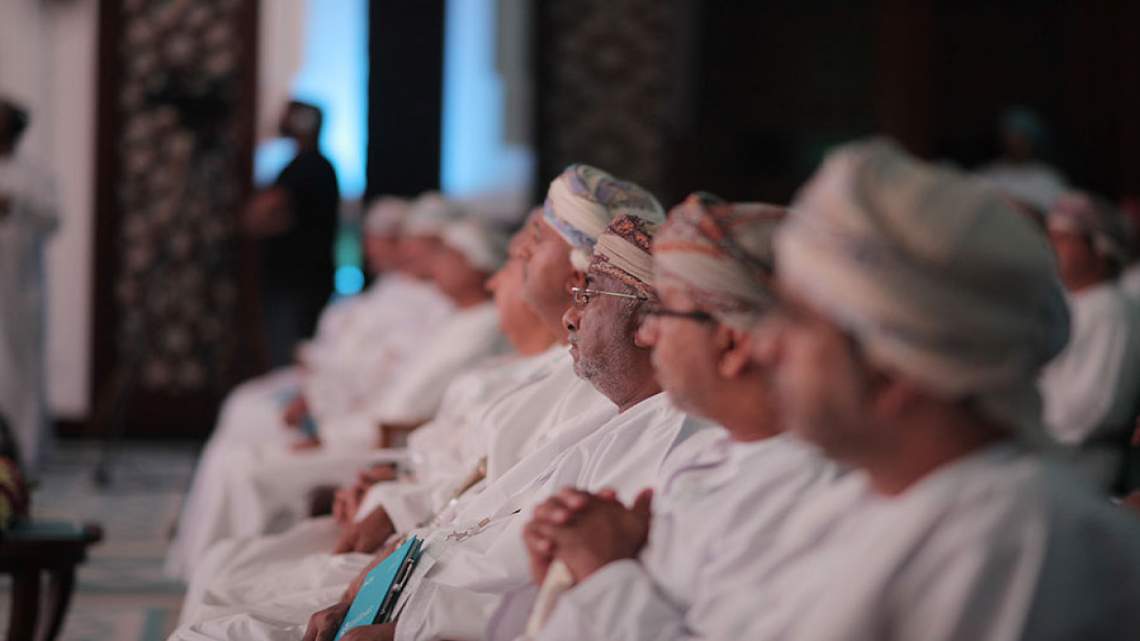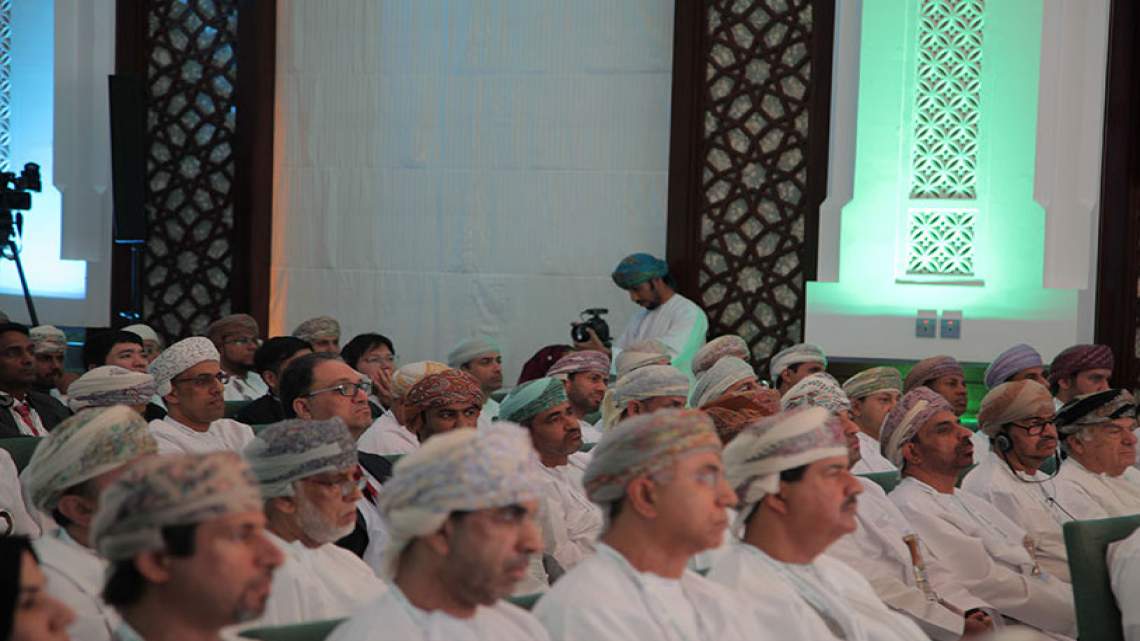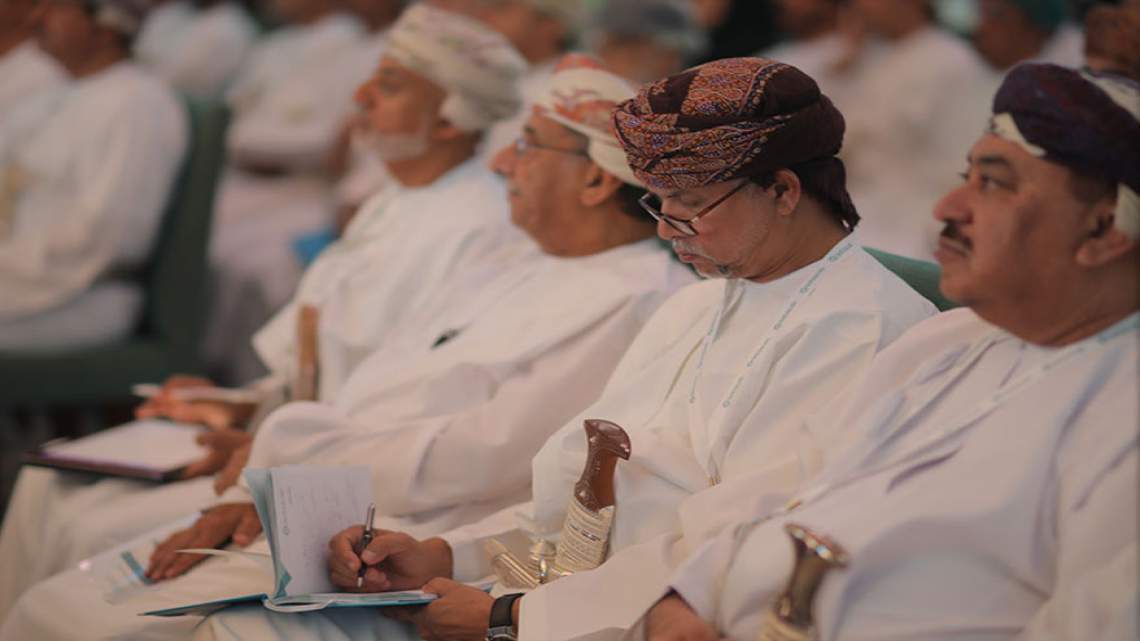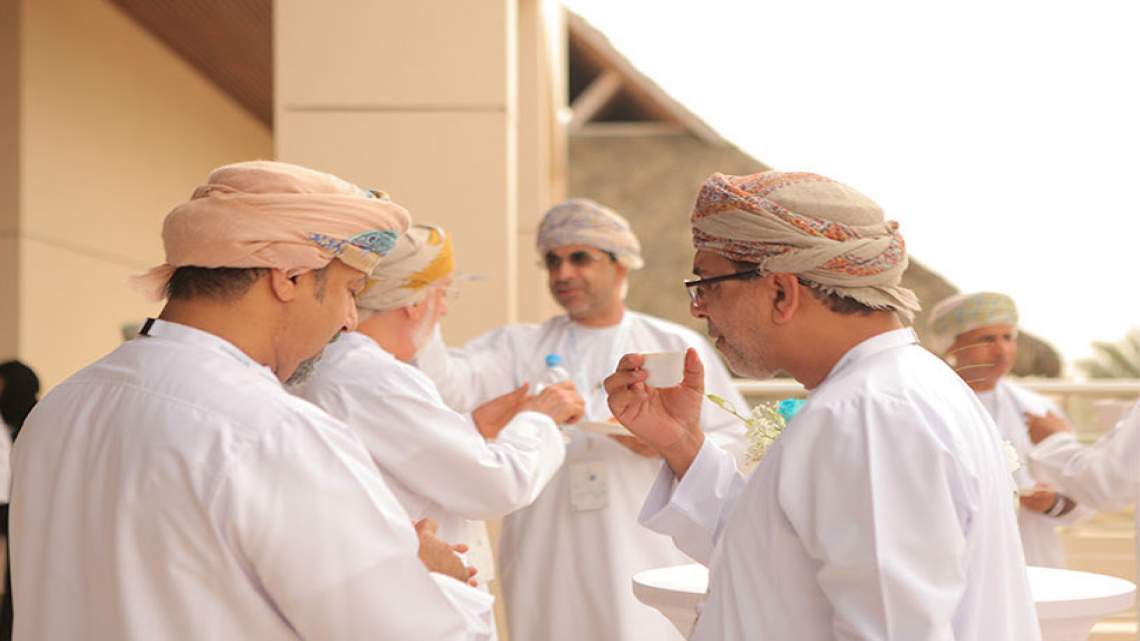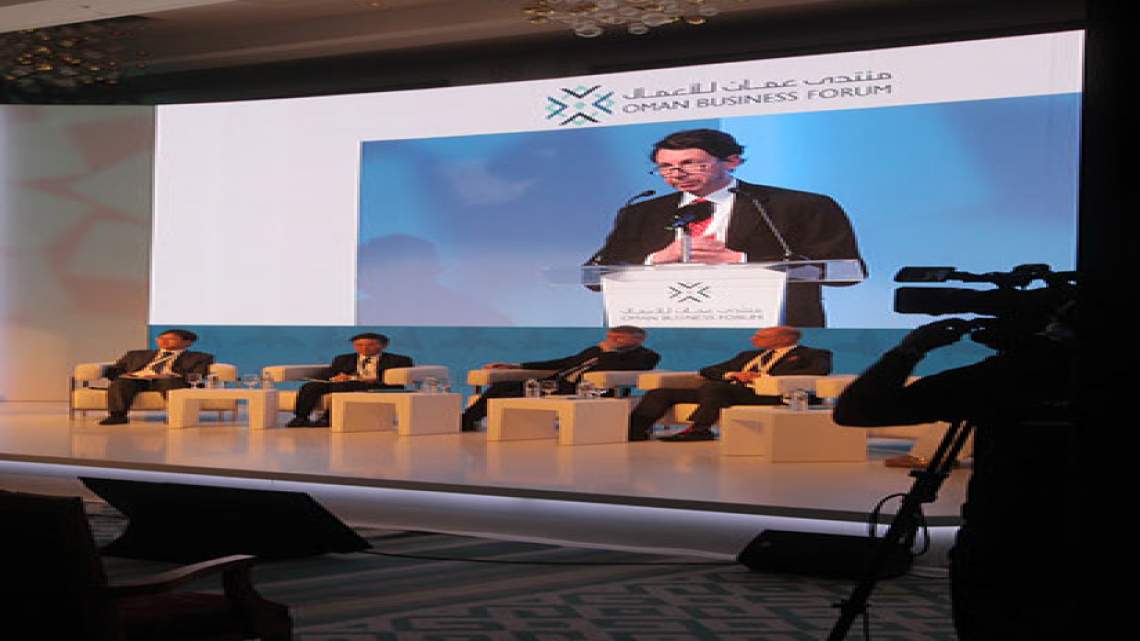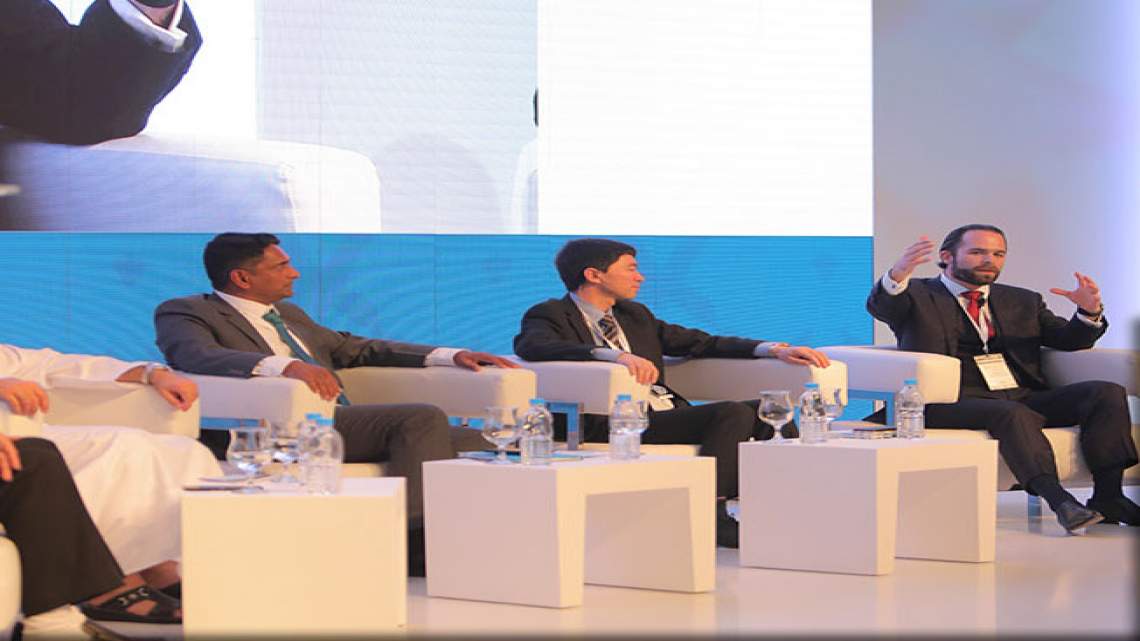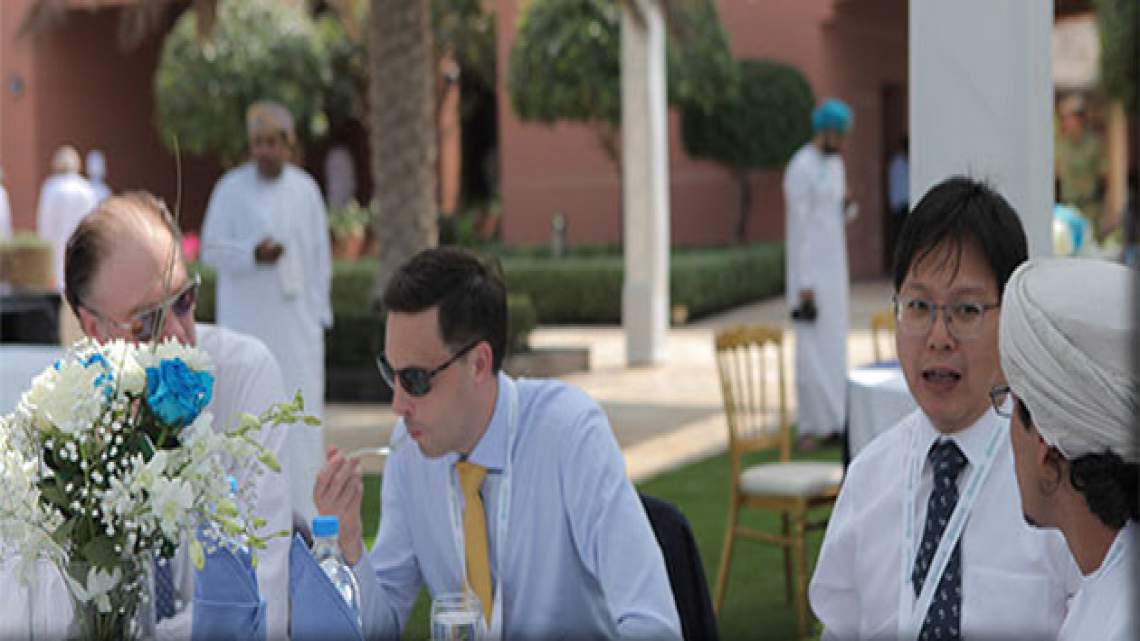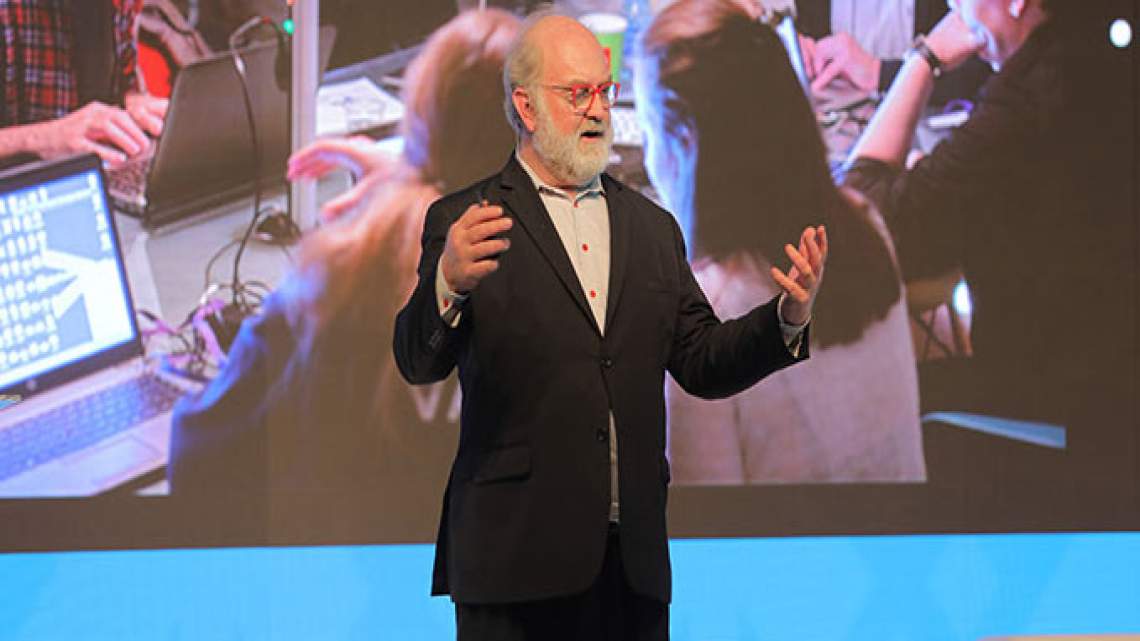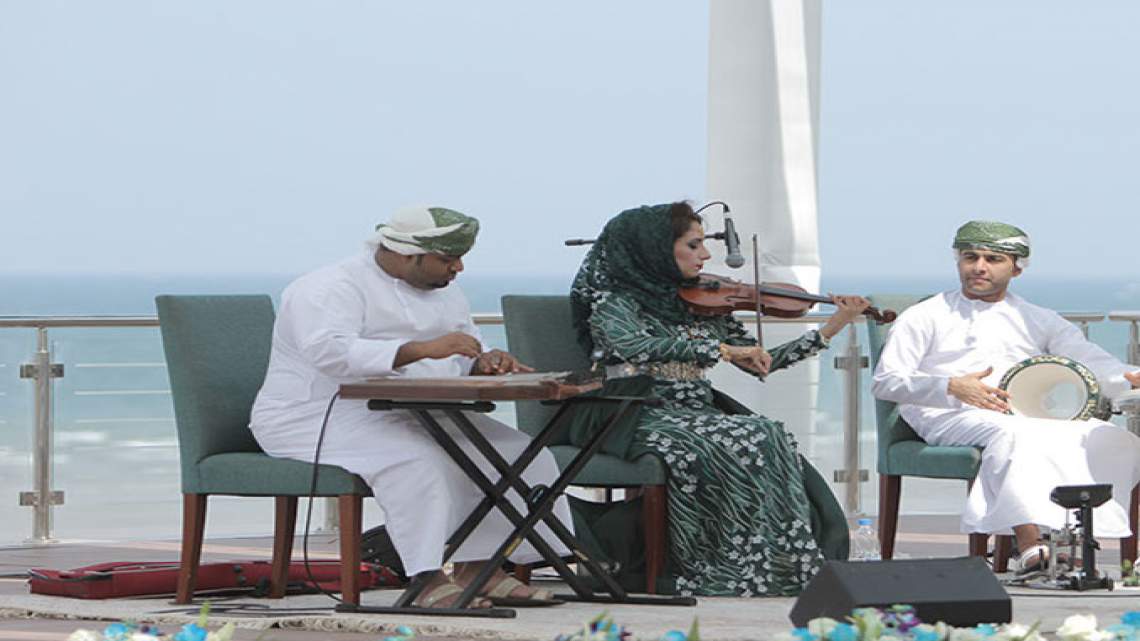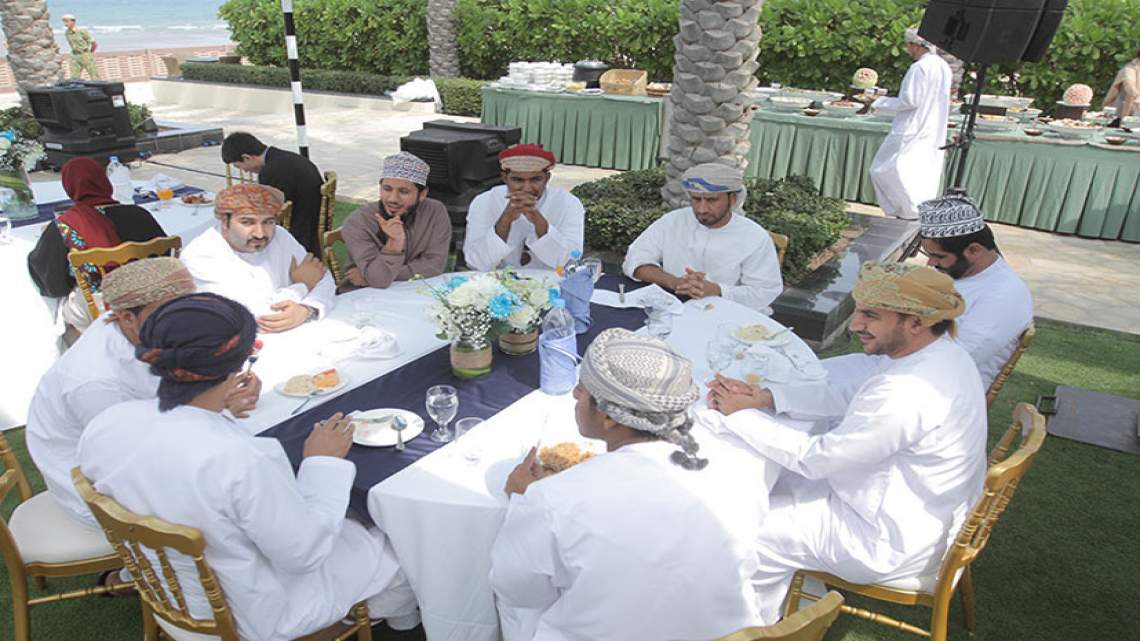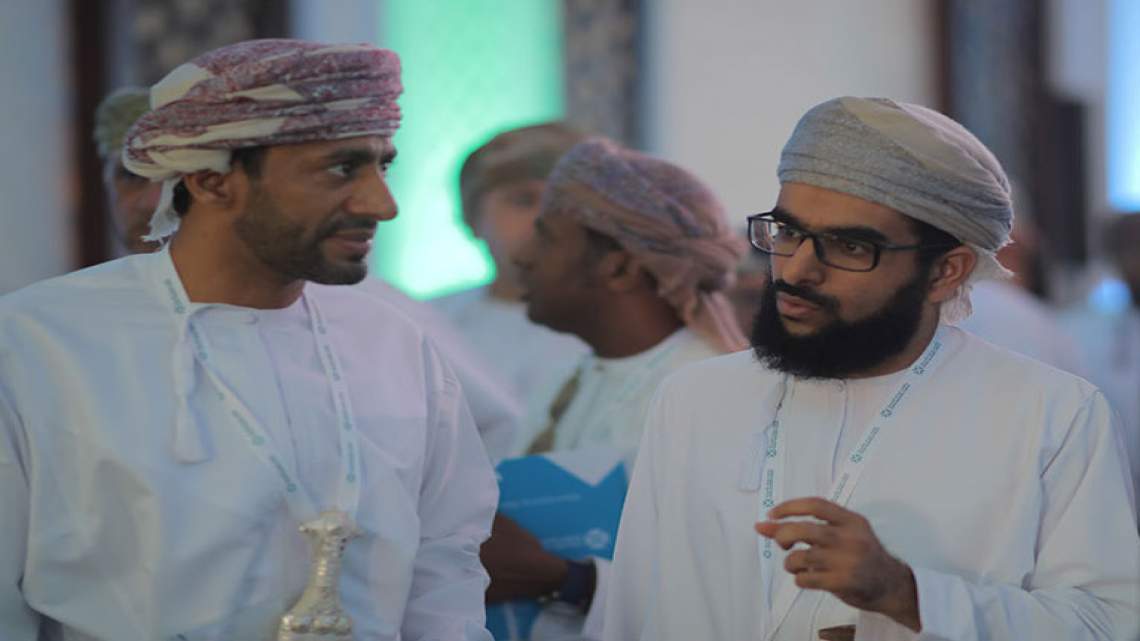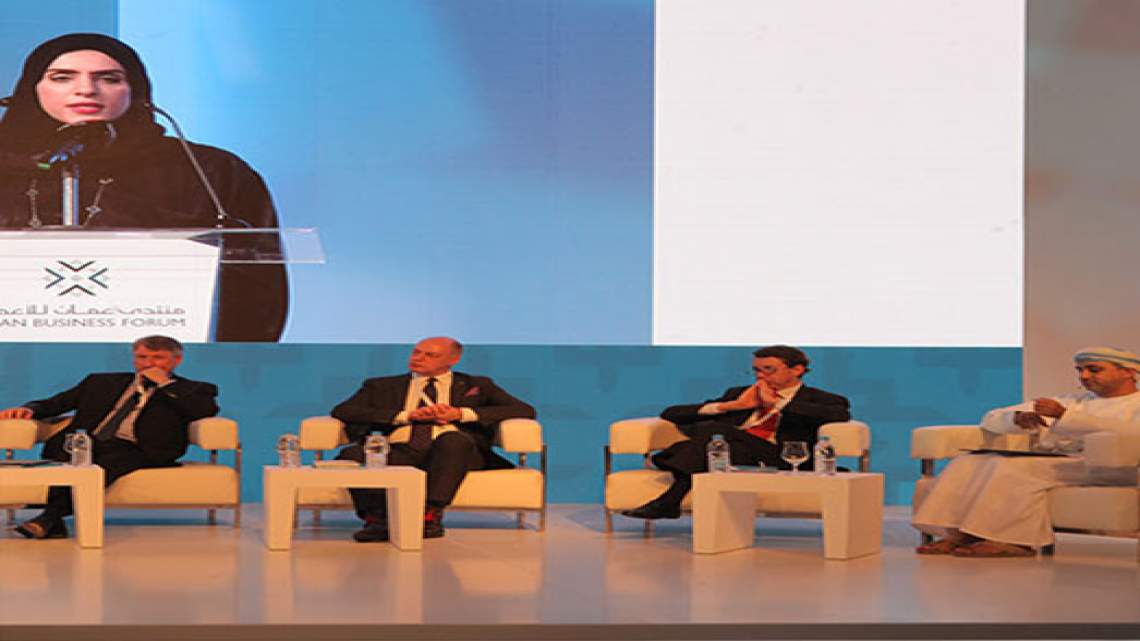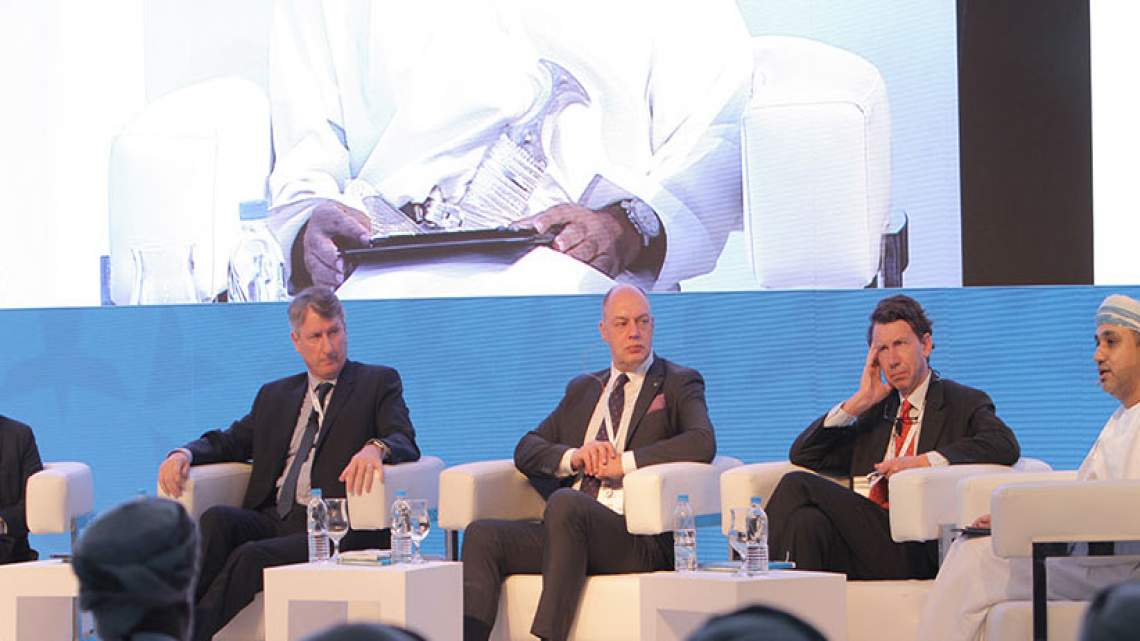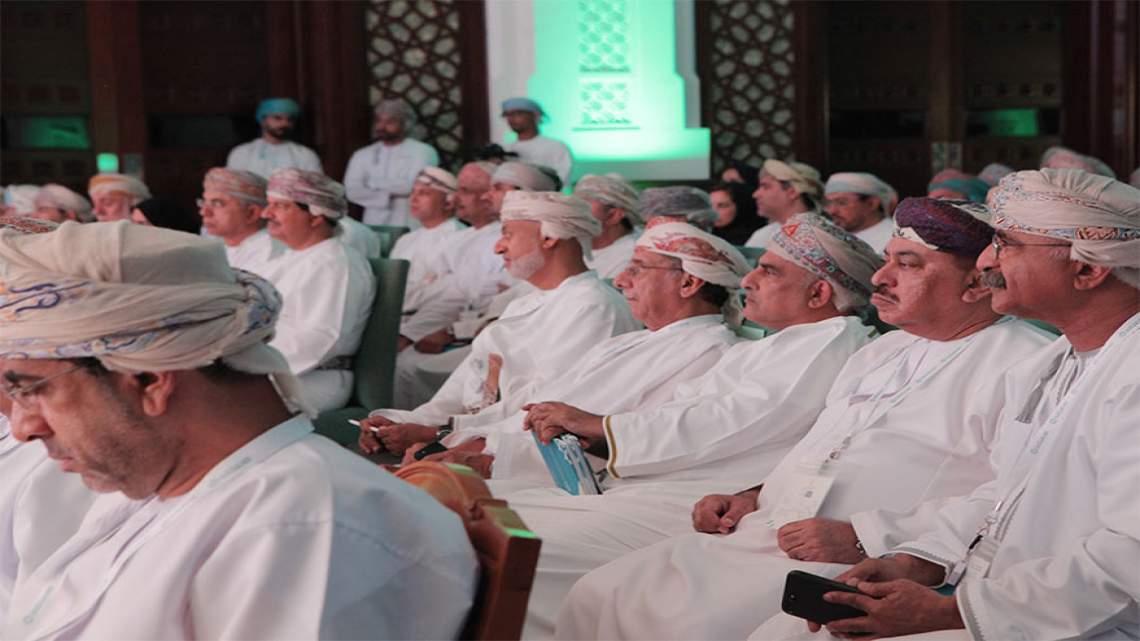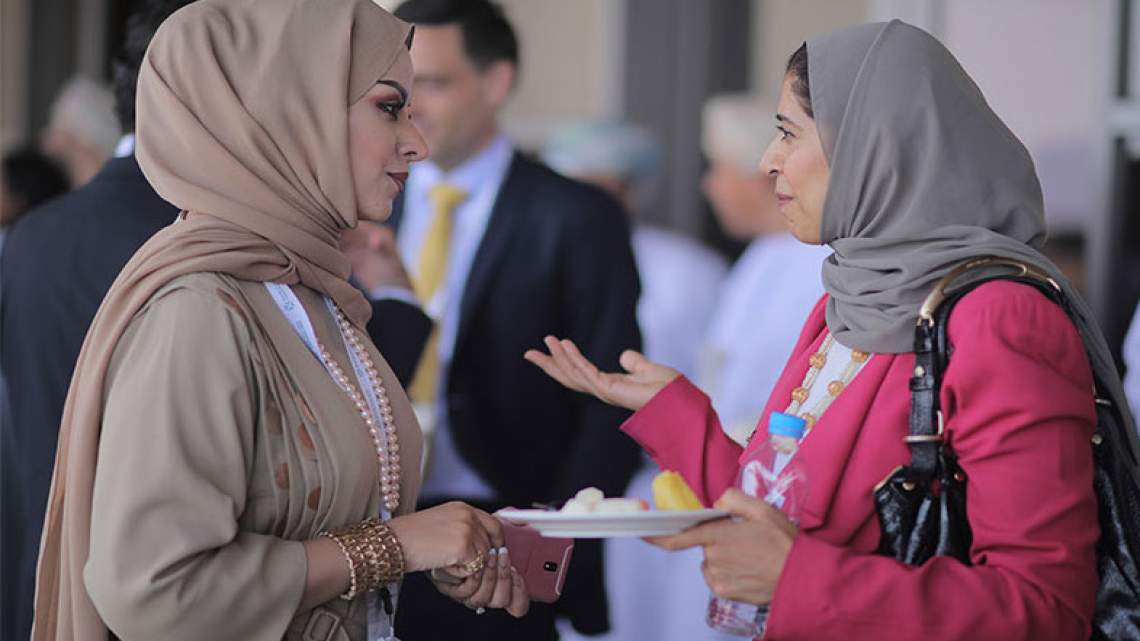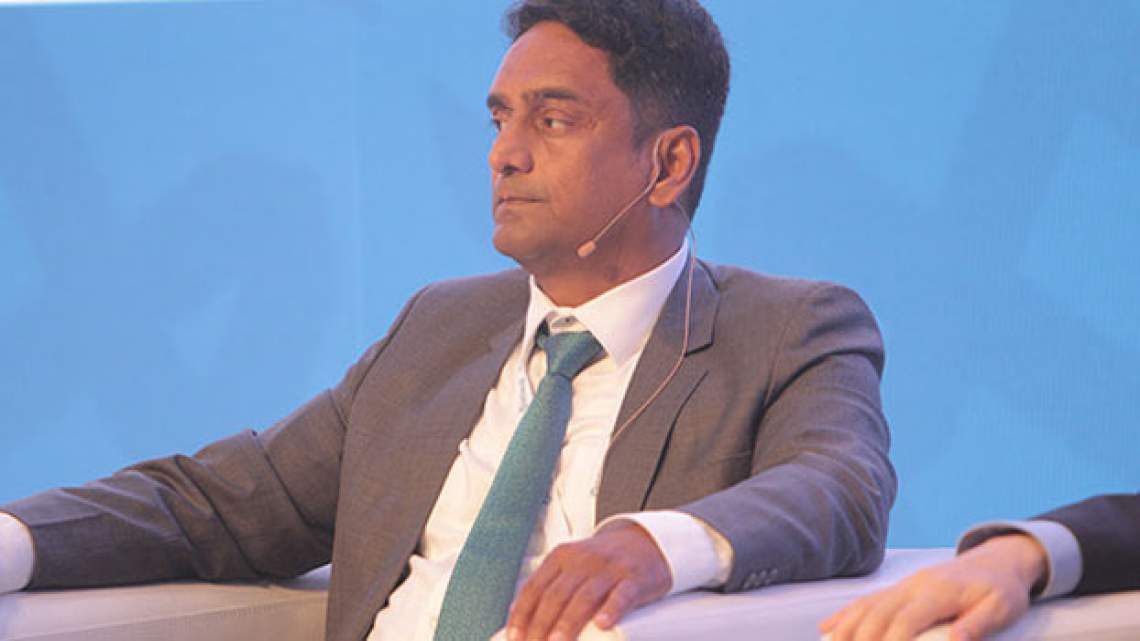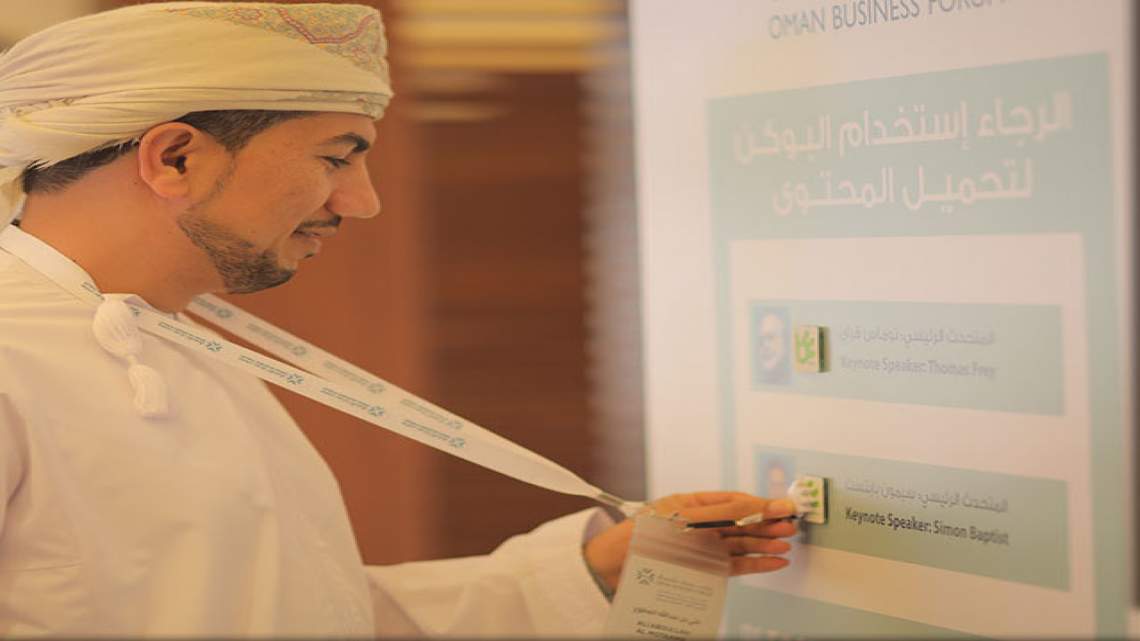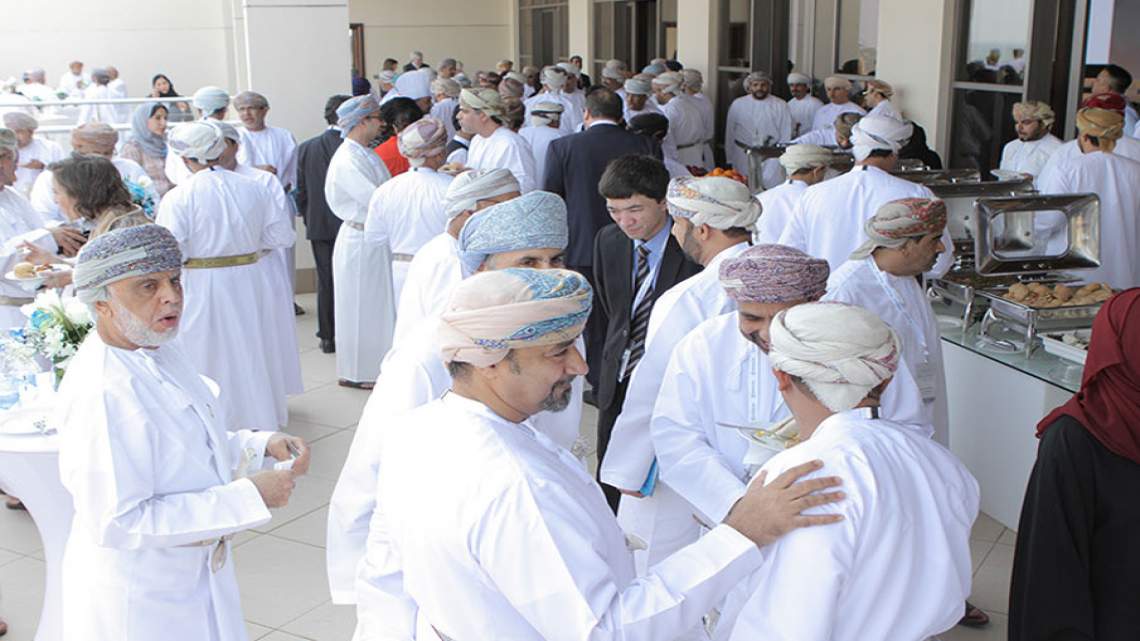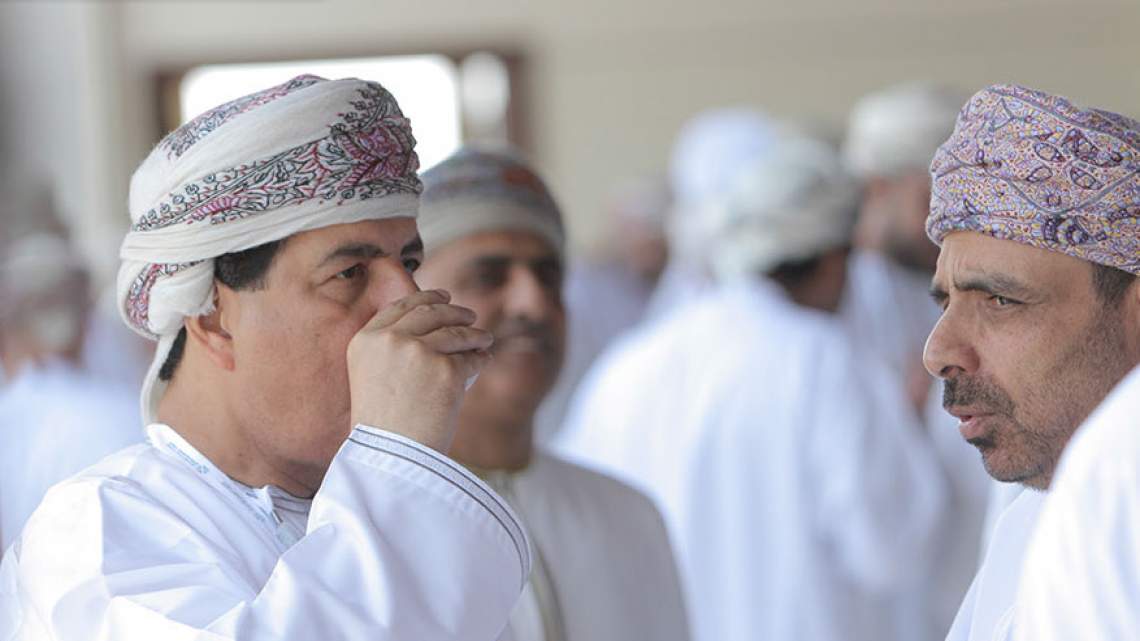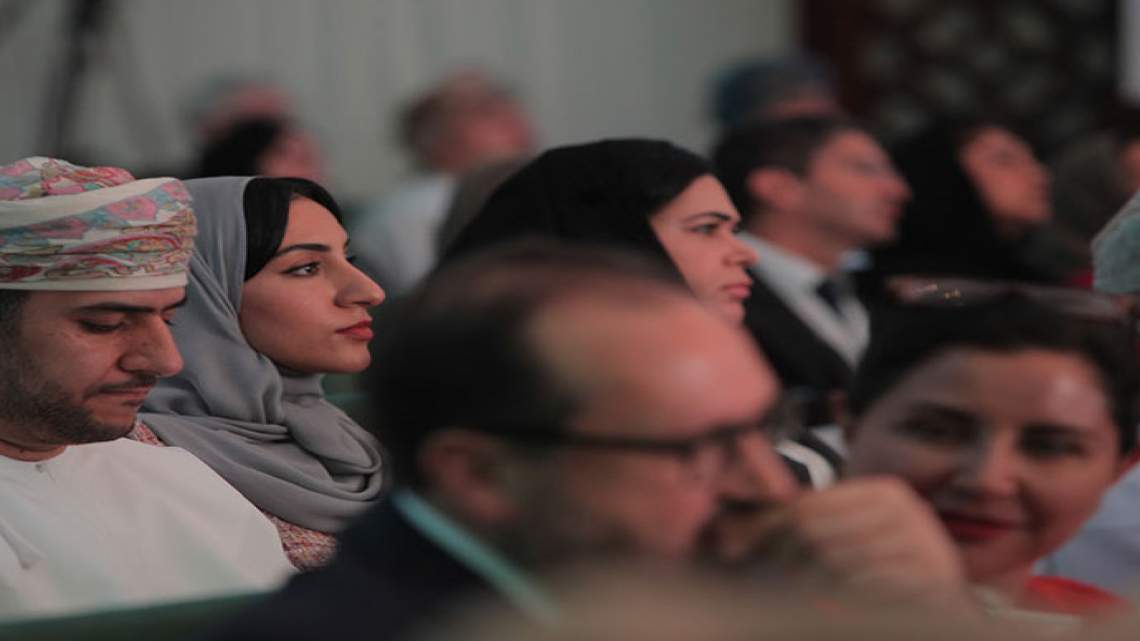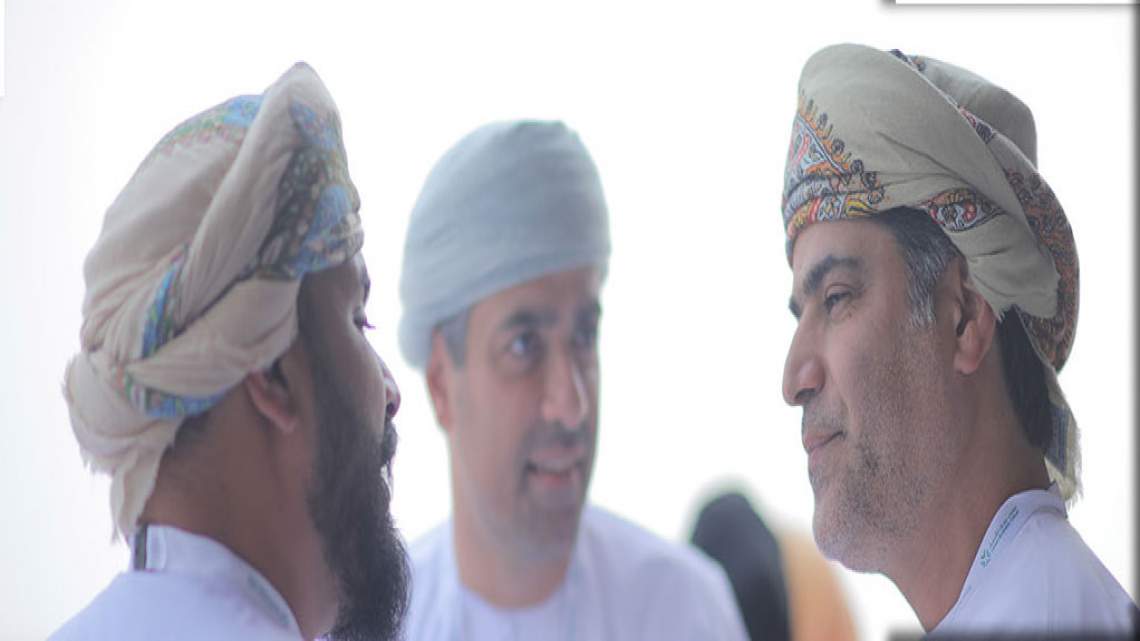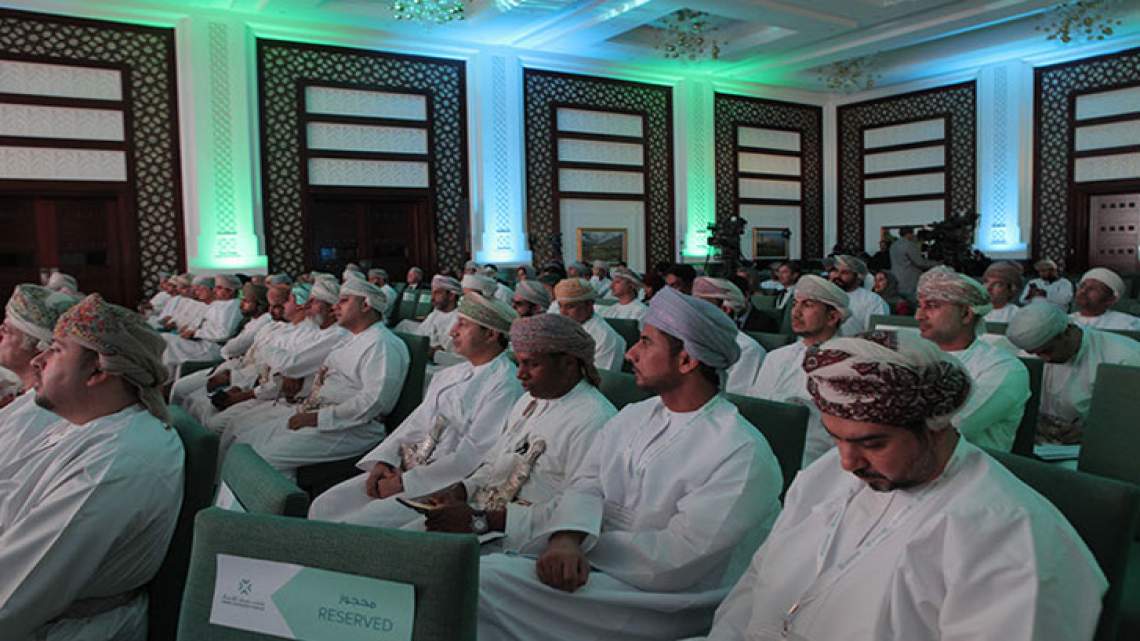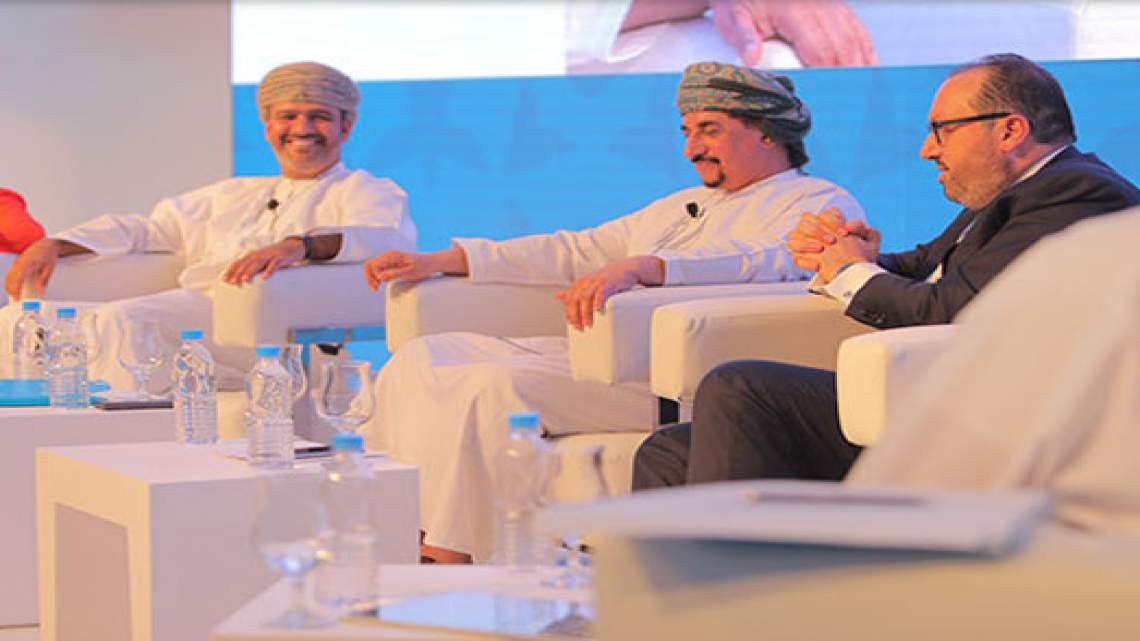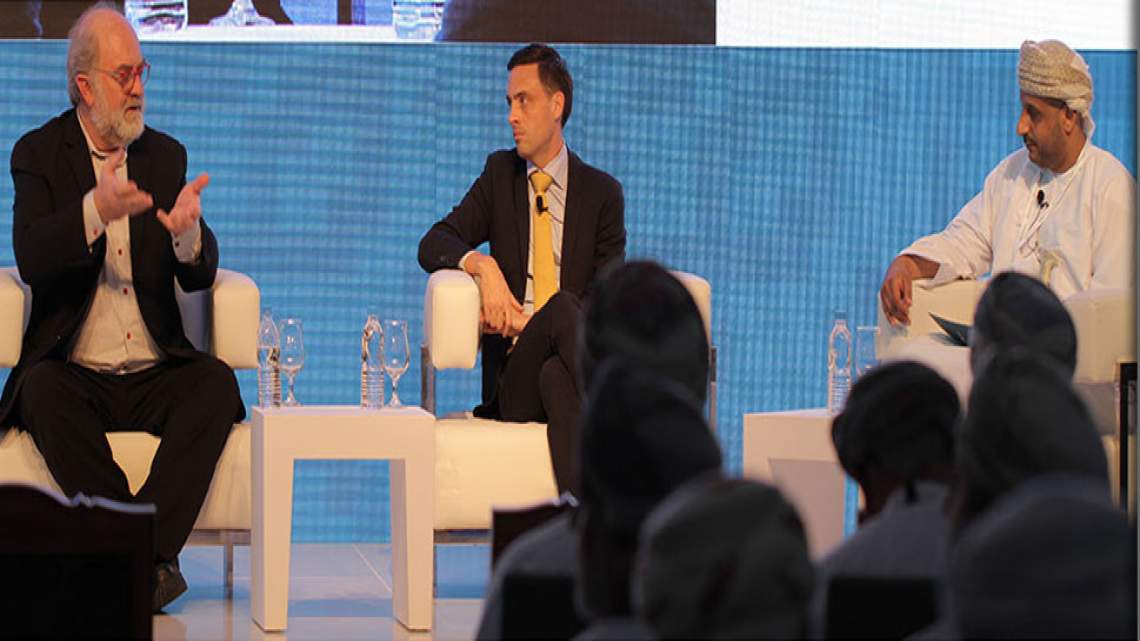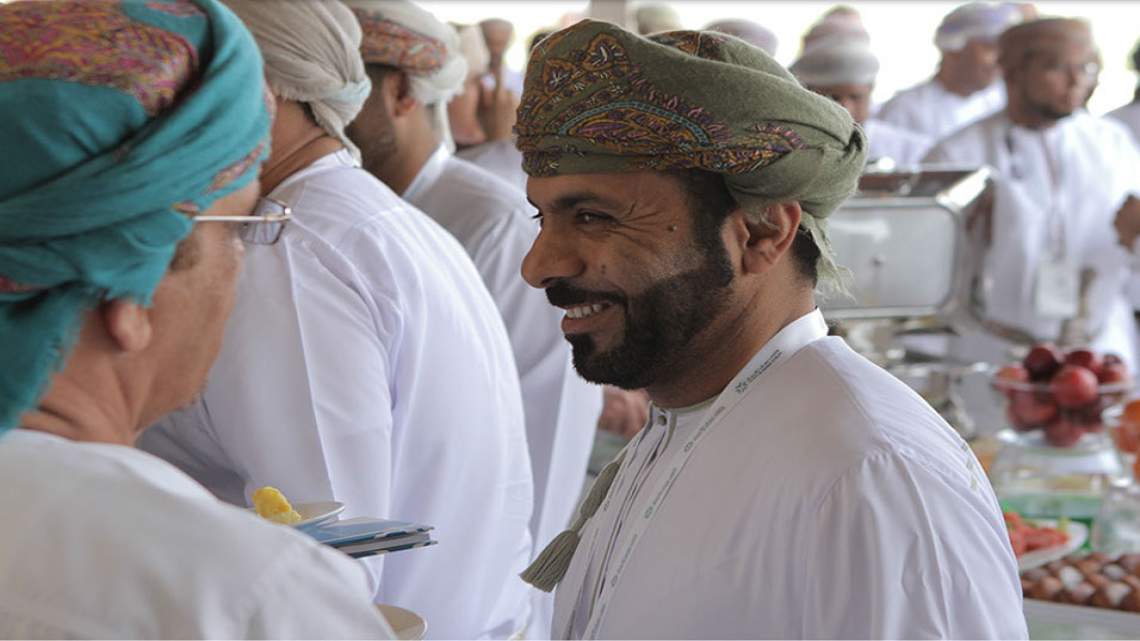Oman Business Forum inauguration
28 February 2018
09:31 pm
-
09:31 pm
Al Wahat Club - Al Athaiba
Oman Business Forum is a community of public and private sector leaders that aims to promote innovative and competitive thinking of the Omani business community through exchanging ideas and experiences and launching of initiatives that will positively impact the Sultanate’s competitiveness and citizens' welfare.
The Oman Business Forum will enhance networking and cooperation among its members from the public and private sectors through the provision of various specialized services that stimulate the Omani business community and provide a platform for knowledge sharing and showcasing national and international best practices. The Forum aims to learn about its members views about various aspects related to business environment and share that knowledge with relevant government agencies to support the work of the Omani government. The Forum will also collaborate with regional and international institutions in order to facilitate opening up new horizons for the business community and provide promising opportunities which the Sultanate can benefit from.
The Forum will capitalize on the momentum generated by the PPP Task Force and the national programmes sponsored by the Diwan of the Royal Court to serve as a dialogue platform through which more cooperation and coordination among the OBF members from the public and the private sector can be achieved. OBF does not take an executive role but rather acts as an ideation forum to support the executive roles of government entities.
The Forum seeks the opportunities of the future and the latest development trends. The Forum’s work will be mainly based on collaboration between the public and private sectors to support the various efforts made to achieve sustainable development in the Sultanate.
Forum Membership
OBF will maintain, manage and support a member-driven agenda that is not only in-line with the national agenda but broadens it to ensure it encompasses and benefits from regional and global cutting edge insights at the highest levels. The momentum generated with each successive OBF event that will rely, as a rule, on a whole-of-government approach to tackling challenges in partnership with the private sector, will achieve faster and more sustainable growth across sectors.
A critical element of the Forum’s success are its members who are comprised of:
- Their Excellences the Ministers and members of the PPP Task Force
- Privet sector representatives of the PPP Task Force
- Graduates of the National Programs (The National CEO Program, The National Leadership and Competitiveness Program and the forthcoming national programmes)
- Select fellows to be chosen by the OBF Management Team for their ability to enhance the objectives the OBF.
H.E Sayyid Khalid bin Hilal al-Busaidi, Minister of the Diwan of the Royal Court
H.E. Dr. Ali bin Qassim Jawad
Advisor for Studies and Research at the Diwan of Royal Court
Chairman of Oman Business Forum
Keynote: Thomas Frey
Futurist; Executive Director, DaVinci Institute (USA)
"A look at the most interesting business-focused predictions and insights that will shape the next 50 years"
Keynote: Simon Baptist
Global Chief Economist, The Economist Intelligence Unit (Singapore)
"Setting the Context: Snapshot of Business Today in Oman"
Discussion
Thomas Frey
Simon Baptist
Moderator: Yarub Abdullah AL Yarubi
AL Yarubi Policy Advisor (Oman) "A look at the most interesting business-focused predictions and insights that will shape the next 50 years"
Keynote
Thierry Malleret
Former Head of the Global Risk Network, World Economic Forum; Managing Partner, Monthly Barometer (Switzerland)
"The Birthplace of 4th Industrial Revolution: Insights and Lessons from the World Economic Forum and Impacts on Business Leaders"
Panel Discussion
Thierry Malleret
Jacky Chung
Program Lead (Construction 3D Printing), Centre for Additive Manufacturing (AM.NUS), National
University of Singapore (Singapore)
Raoul Restucci
Managing Director, Petroleum Development Oman (Oman)
Linnar Viik
Co-Founder, Programme Director, e-Governance Academy (Estonia)
Lee Wei Seng Frankie
Deputy Director, NTUitive Innovation Center (Singapore)
Moderator: Yousuf Ali AL Harthy
CEO, Oman Technology Fund (Oman)
Keynote Alain Bejjani
CEO, Majid Al Futtaim Holding (UAE) "
Majid Al Futtaim: A Longstanding Commitment to Sustainable Growth in Oman"
Panel Discussion
Alain Bejjani
Joy Ajlouny
Founder, Fetchr (UAE)
Khamis Mubarak AL Kiyumi
Chairman, AL Madina RE (Oman)
AbdulMalik Abdulkarim AL Balushi
CEO, Oman Post (Oman)
Yasar Jarrar
Senior Fellow, MasterCard Center for Inclusive Growth (USA)
Moderator: Mohammed Sadek Sulaiman
General Manager of Corporate Planning, Oman Oil Refineries and Petroleum Industries Company, Orpic (Oman)
Panel Discussion
Pradeep Nair
CEO, Sebacic Oman (Oman)
Reggy Vermeulen
CEO, Port of Duqm (Oman)
Ali Shah
CEO, Oman Wanfang (Oman)
Vipul Shah
Vice President & Head Business Development, Adani Power Business (India)
Hilal Ali AL Kharusi
Executive Managing Director, Oman Oil Duqm Development Company (Oman)
Moderator: Hanaa Mohammed AL Kharusi
Deputy General Manager, Corporate Banking Division, Ahlibank (Oman)
Thomas Frey
H.E. Dr. Ali bin Qassim Jawad
Advisor for Studies and Research at the Diwan of Royal Court
Chairman of Oman Business Forum
The world is facing a period of vast, rapid transformation that will deeply affect both society and the economy everywhere, including our region. It will bring big challenges, but also great opportunities. The changes will be so far-reaching and varied that neither the government nor the private sector will be able to master them on its own. This makes it imperative to strengthen the public-private partnership to ensure that all hands are joined and all resources pooled. We need not only to ensure operational excellence, but also to integrate plans and visions to enhance our competitiveness and promote innovation.
To make the best of the new opportunities and build on the achievements made, we cannot stress enough the importance of the public and the private sectors joining forces. The Sultanate has already made great strides in its march towards development, and the Oman Business Forum aims for an even brighter future. It will leave no stone unturned to benefit from global developments, best practices and success stories, and will promote constructive dialogue between public and private sector representatives to support Oman’s development efforts.
We will work at Oman Business Forum to provide a successful model of public-private partnership that translates the royal vision of His Majesty into reality and realises the aspirations of both sectors.
Thomas Frey
Keynote, Introductory Panel
The framework for the discussion was set by futurist and founder of the DaVinci Institute, Thomas Frey, who laid out business-focused predictions and insights regarding the technologies and trends that will shape the next 50 years .
“People tend to think that the present creates the future”, said Thomas Frey in his opening remarks. “Actually it is the other way round: Our notion of the future determines our actions today. If we change people’s visions of the future, we change the way they make decisions today.” So, instead of allowing the fear of the uncertain drive our decisions, we should base them on a clear understanding of future trends.
Mr Frey gave an overview how the upcoming trends and technologies will affect existing industries and help to create new ones.
The disruptive power of the 4IR has been so far most evident on the industry level. But it is the impact on the labour market that will cause the most disruption: 47 % of today’s jobs will disappear by 2030 due to automation and artificial intelligence (AI). But, according to Mr Frey, the 4IR is not automating jobs out of existence, only tasks. Robots will not ‘take over’ the world, but help to increase efficiency across the board by complementing humans. We ourselves will determine the nature of the interaction between humans and machines.
But that still leaves the question of where future jobs will come from. According to Mr Frey, eight disruptive technologies will create the jobs of tomorrow. The Trillion Sensor Movement, for instance, will need sensor installers, sensor data marketplaces, sensor design studios and specialised repair shops. The Internet of Things ( IoT) will require smart building installers, smart clothing developers, wearable health monitors and proximity alert systems. Cryptocurrencies, and their underlying technology blockchain, will call for specialists to devise applications which, eventually, as IMF chief Christine Lagarde puts it, “could displace central banks, conventional banking, and challenge the monopoly of national monies.” Flying Drones, in turn, will require pilots and academies to train them, while driverless technologies will call for new kinds of insurance— and lots of lawyers. 3D printing will need designers and clever computing. Mixed reality (virtual and augmented reality) will employ content creators and experience architects. And, finally, artificial intelligence will change everything and will demand a wide range of specialists.
Simon Baptist
Keynote, Introductory Panel
The technological outlook depicted by Thomas Frey was followed by a snapshot of the national, regional and global macroeconomic context, presented by Simon Baptist, the Economist Intelligence Unit’s Chief Economist.
The global economy starts 2018 in a sweet spot: global economic growth is expected to stay at 3% for 2018, with all the big economies–Europe, Japan, China and the US–in good shape and much dynamism in many emerging markets, in particular India, Iran and Africa. Oman, in Mr Baptist’s view, is well positioned to benefit from this momentum.
A 3.2 billion people market sits at Oman’s doorstep, and its prospects are highly promising. China, for example, has expanded its outward foreign direct investment (FDI) aggressively in the past few years, growing at 50- 60% annually within the last 3 years under its “Go Global” initiative. Oman’s strategic location places squarely on one of the key nodes of China’s Belt and Road initiative, a topic examined in depth by the Forum’s third panel. India, in turn, has already overtaken China in terms of economic growth, clocking 7.6% in 2017 and slated to continue at this pace for the next 20-30 years as it brings large segments of its huge population out of poverty. India is on track to become the third-largest economy globally by 2030, after USA and China. Given the geographic proximity, the huge market and the historically close ties between Oman and India, there is an tremendous potential in deepening Omani-Indian trade and investment.
Oman’s own economic outlook has also improved, with growth for 2018 now expected to hit 2.5%, from 2.1% the year before. Oman remains a low-risk destination for FDI, thanks to its remarkable stability and improvements in the hydrocarbons sector. The challenge is now to remain focused on the economic diversification drive, in order to provide a more sustainable foundation for the Omani economy.
According to Mr Baptist, the three most critical ingredients for future economic growth in Oman are openness, infrastructure and skills development. Openness–to new ideas, people, capital, trade, and opportunities–is crucial for a small economy. Infrastructure goes beyond physical infrastructure such as telecommunications, roads, ports, electrical grid and health and educational institutions; it also includes the regulatory infrastructure, a key element to ensure an optimal business environment. But the most important factor is skills and education. Developing the right skills takes on particular relevance in light of the labour market disruptions that the 4IR is expected to bring about and the demographic dynamics in Oman.
Panel 1: The 4th Industrial Revolution – Opportunities and Challenges for Governments and Businesses
The first panel delved into the 4th Industrial Revolution and the opportunities and challenges it will bring about to both Oman’s government and its private sector.
The World Economic Forum describes the 4th Industrial Revolution “… a technological revolution that will fundamentally alter the way we live, work, and relate to one another. In its scale, scope, and complexity, the transformation will be unlike anything humankind has experienced before. We do not yet know just how it will unfold, but one thing is clear: the response to it must be integrated and comprehensive, involving all stakeholders of the global polity, from the public and private sectors to academia and civil society.”
The 4th Industrial Revolution will disrupt every single industry, but the impact will be particularly strong on supply chains and consumer engagement. As keynote speaker Thierry Malleret pointed out, reskilling and lifelong learning will be key, since automation and artificial intelligence will eliminate more jobs far more quickly than most people realize: it is estimated that over 2 billion jobs will disappear by 2030.
Not only industries will face disruption but also governments, who will play a pivotal role in the forthcoming transition. Governments need to design and implement a suitable framework to welcome change and allow business and society to embrace the 4th Industrial Revolution and profit from it. That includes regulation, education and research, social policy, and redefining the relationship with the private sector, to name but a few aspects. Estonia and Singapore are two positive examples of states that have very successfully mastered the challenges of 4th Industrial Revolution.
The times when what you learned at university would see you through all the way to retirement are over. The pace of technological innovation that is the hallmark of the 4th Industrial Revolution is so fast that now the main skill required to cope with the times is agility. Agility is not only required of the workforce, but of governments as well, in what is being called “agile governance.” In fact, governments may be better served by stepping aside and adopting what could be labelled “enhanced best practices” instead of strict regulatory frameworks, which are slower to enact and prove more cumbersome to innovation. Regulators have in their hands, more than ever, the power to either try to keep the new technologies at bay and thus stifle innovation, or embrace the change and foster it.
The national, regional and global macroeconomic setting is currently favourable for business. Oman, as an emerging, resource-rich economy with an enviable geopolitical standing, political stability, and excellent infrastructure, offers plenty of business opportunities for Omani companies and for foreign investors alike in tourism, fisheries, infrastructure and energy, to name but a few areas. How should Oman position itself in order to profit from the positive macroeconomic climate?
To make the most out of the opportunities, as the panellists pointed out, Oman can do more to improve its ease of doing business. Currently ranked 71st out of 190 economies in the World Bank’s 2017 Ease of Doing Business Report, Oman, while steadily getting better, still has room for improvement. A change in mindset is needed to achieve more trust and more direct communication between the public and the private sectors, and to foster a mutually beneficial relationship to boost diversification and economic growth. This is, in fact, what the Oman Business Forum is all about.
The economic diversification plan that Sultanate is pursuing is a key element for achieving sustainable economic growth. What is missing, however, is one single entity overseeing, and accountable for, each individual value chain, an institution all the relevant stakeholders cooperate with and report to. To deliver on the diversification goals, thinking and implementation can no longer be confined to silos, but must be practiced instead in terms of value chains.
The role of the government and of the private sector took centre stage in the panel discussion. Both the challenges and the opportunities brought about by the 4th Industrial Revolution cannot be tackled by the either the government or the private sector on its own. This makes it key for them to join forces in a wide-ranging partnership, be it in infrastructure, health, education, security and most other activities, in order to better manage the changes and reap the benefits of the ongoing technological revolution.
But having said that, the classic economic notion remains valid, namely that the public sector should only engage in activities that the private sector is not capable of performing, leaving all the rest to the private initiative. This is a far more efficient way for dealing with the market and for spurring innovation.
Public-Private Partnerships (PPP) and Public Private Collaborations (PPC) are no longer just an option, but a necessity given the magnitude and complexity of the tasks at hand. PPP and PPC projects play a significant role in the Omani national development plan, since around 80% of projects in the current plan are supposed to involve this kind of projects. But, as Yasar Jarrar rightly pointed out, the nature of PPP projects itself is changing as the 4IR takes hold: private companies are accumulating so much data and analytics capabilities that they are becoming interesting cooperation partners for governments, far beyond that of providers of capital or traditional services. These new models call for preparation, anticipation and new thinking by both governments and private entities. A new world of possibilities is opening up.
The third panel looked at the potential impact of China’s Belt and Road Initiative (BRI) beyond its geographic routes, and on scouting out comparative advantages and undetected opportunities for Omani businesses and ways to attract foreign direct investment (FDI) to Oman. A particular focus was laid on the Duqm Special Economic Zone (SEZ).
In 2013 China’s president, Xi Jinping, proposed establishing a modern equivalent of the ancient Silk Road, creating a network of railways, roads, pipelines and utility grids that would link China, Central Asia, West Asia, and parts of South Asia with Western Europe. The BRI is the most significant infrastructure initiative worldwide in the post-war period. It is set to invest USD 5 trillion in infrastructure projects along the planned land and maritime routes. Funds have been set up to finance these huge investments: In 2014, China established the USD40-billion Silk Road Fund and set up the Asian Infrastructure Investment Bank (AIIB) in 2016, a multilateral institution headquartered in Beijing. The AIIB has now 84 members from around the world, including Oman, which joined in June 2017.
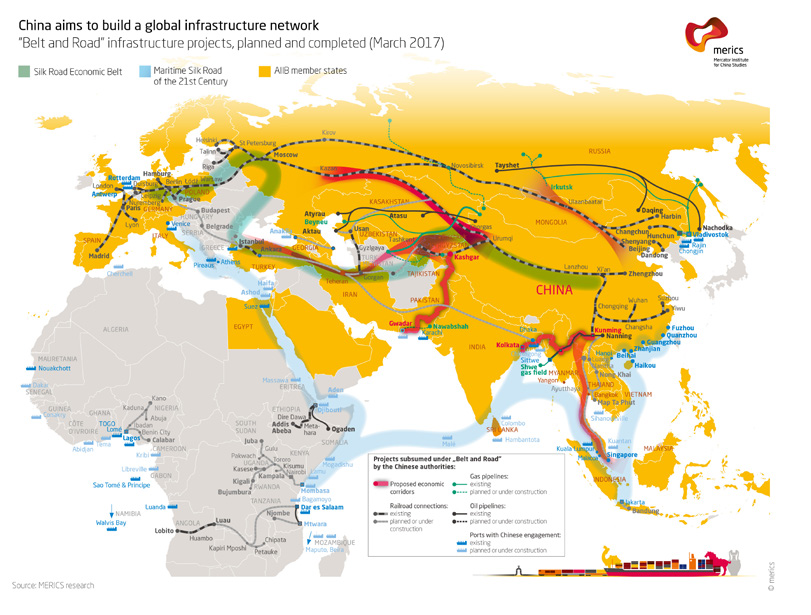
The Duqm SEZ’s geographical location on the Arabian Gulf, free of the constraints imposed by the Strait of Hormuz, holds great potential within the BRI context, given its strategic location between its overland and maritime segments. With an area three times larger than Singapore and 70 km of coastline, Duqm is the largest economic zone in the region and offers foreign investors an ideal gateway to it. The panel members highlighted, as the main factors for coming to Duqm, Oman’s political and economic stability, natural resources, and excellent infrastructure, as well as cultural factors such as openness and tolerance, constructive international relationships and a suitable business environment.
As a relatively new project, Duqm SEZ is in the enviable position of having no legacy and thus being able to invent itself from scratch, adopting the right technological and regulatory approaches instead of having to retrofit legacy systems, thanks to having its own authority to pass regulations faster and more flexibly. According to Duqm Port’s CEO, Reggy Vermeulen, Duqm can and should become a testing field for new technologies, approaches and regulations, that can be later applied nationwide.
Thomas Frey
Closing Keynote
To chart a course towards the future, you must ask yourselves “What is unique to Oman? What can you do here that you can do nowhere else?” In any case, many of the things you come up with will take the form of public-private partnerships.
The coming world will be one dominated by freelancers, and yet no one is focusing on teaching freelancers: teaching the business of “you”. This is what Frey calls the “gig economy”, one characterised by temporary or incidental employment, similar to the way a film is made: actors, producers, directors, caterers and many more come together, and once the film is done, they move elsewhere.
Thus, while we are headed towards a world where more jobs will be available than people to perform them, such jobs will not be full-time: they will be temporary, contract work.
This makes collaborative workspaces and maker spaces essential. The former provide freelancers with a flexible, informal advisory network that gives honest feedback and helps to make tough decisions not in isolation. The latter makes the tools of production available to everybody, so that everybody becomes a producer.
It is no longer possible to anticipate the needs of business five years in advance: we don’t know what the problems will be. People entering the labour market will need to reboot their careers eight to ten times throughout their working life. Teacherless, AI-driven education will play such a key role in this constant rebooting that, Frey predicts, by 2030 the biggest company in the Internet—bigger than Google, bigger than Apple—will be an education-based company that does not yet exist.
We are entering a period of unprecedented opportunity, one that will bring more change in the next twenty years, and more risk, than in the entire human history. Our children’s children, who haven’t been born yet, are counting on us making the right decisions today. This is one of those moments when you are effectively influencing the future.
It is incumbent on us, the architects of the development we want to see for Oman and in the interests of the generations to come, to embrace change and exhibit the agility required by both the private and government sectors to respond to the demands of the future and work together to create an environment conducive to overcoming together any challenges that arise.
OBF is uniquely positioned to be a home-grown vehicle that facilitates economic growth and delivers a level of national prosperity that can only be achieved by a whole-of- government partnership, collaborating closely and frequently with the private sector through an OBF-driven process that enjoys the blessings and support of His Majesty.
We are encouraged and inspired by the passion and dedication of the OBF community, and look forward to delivering opportunities through targeted partnerships with regional and international forums. The community is poised to create a new cooperation framework where innovation thrives. The future is bright with OBF leading the way.
OBF Management Team
